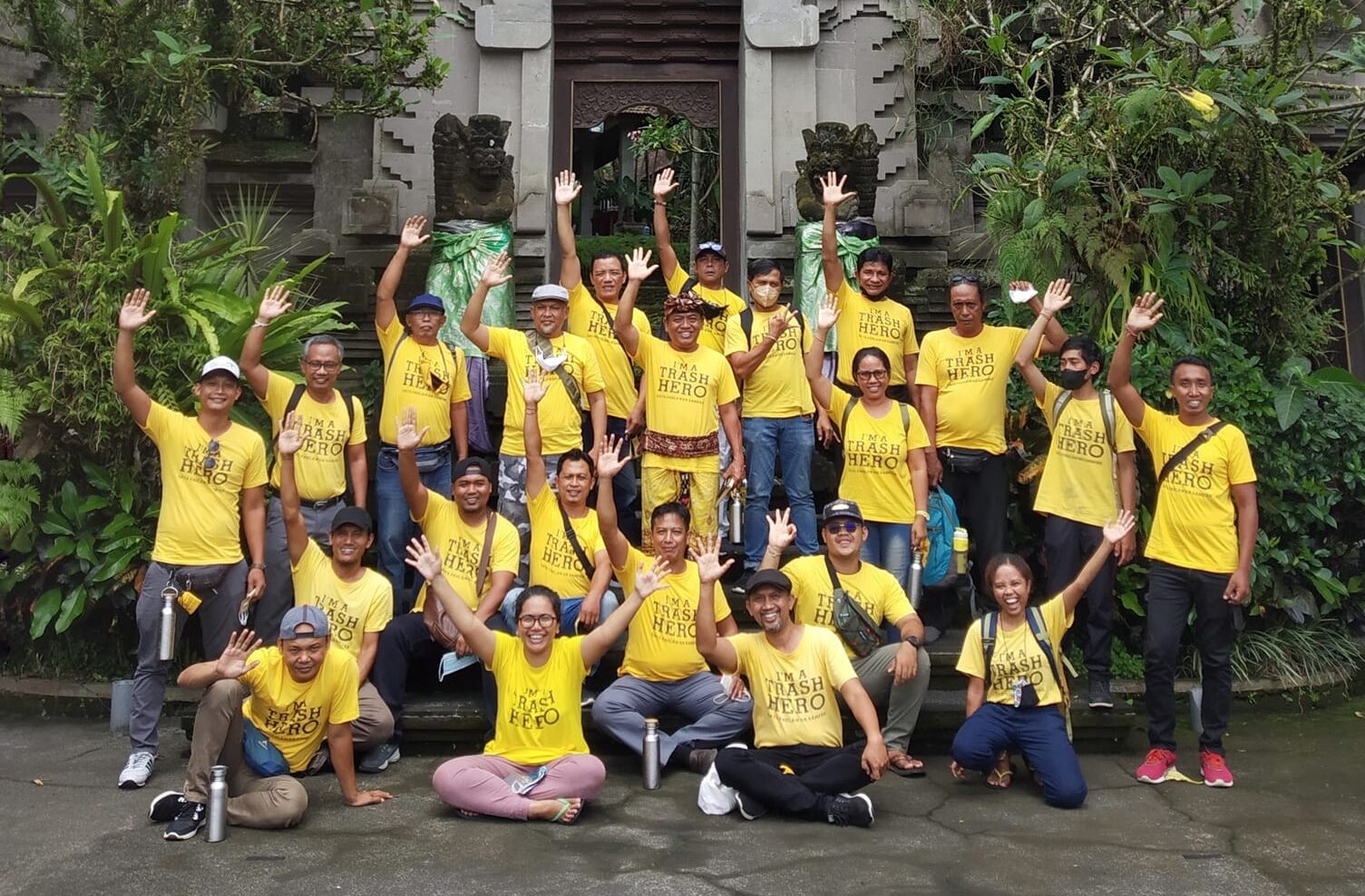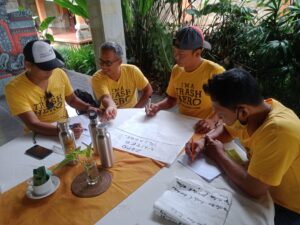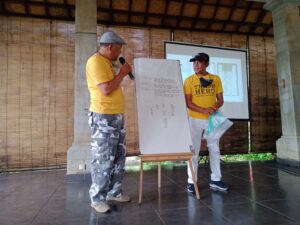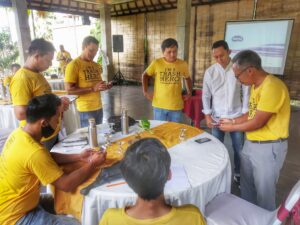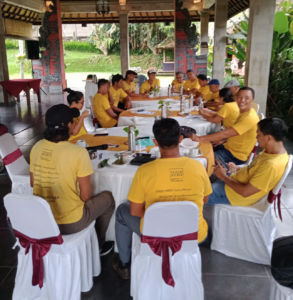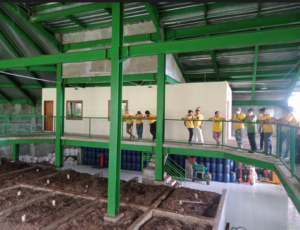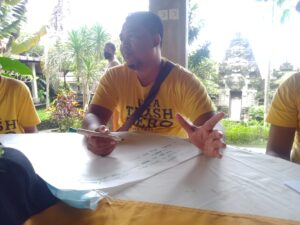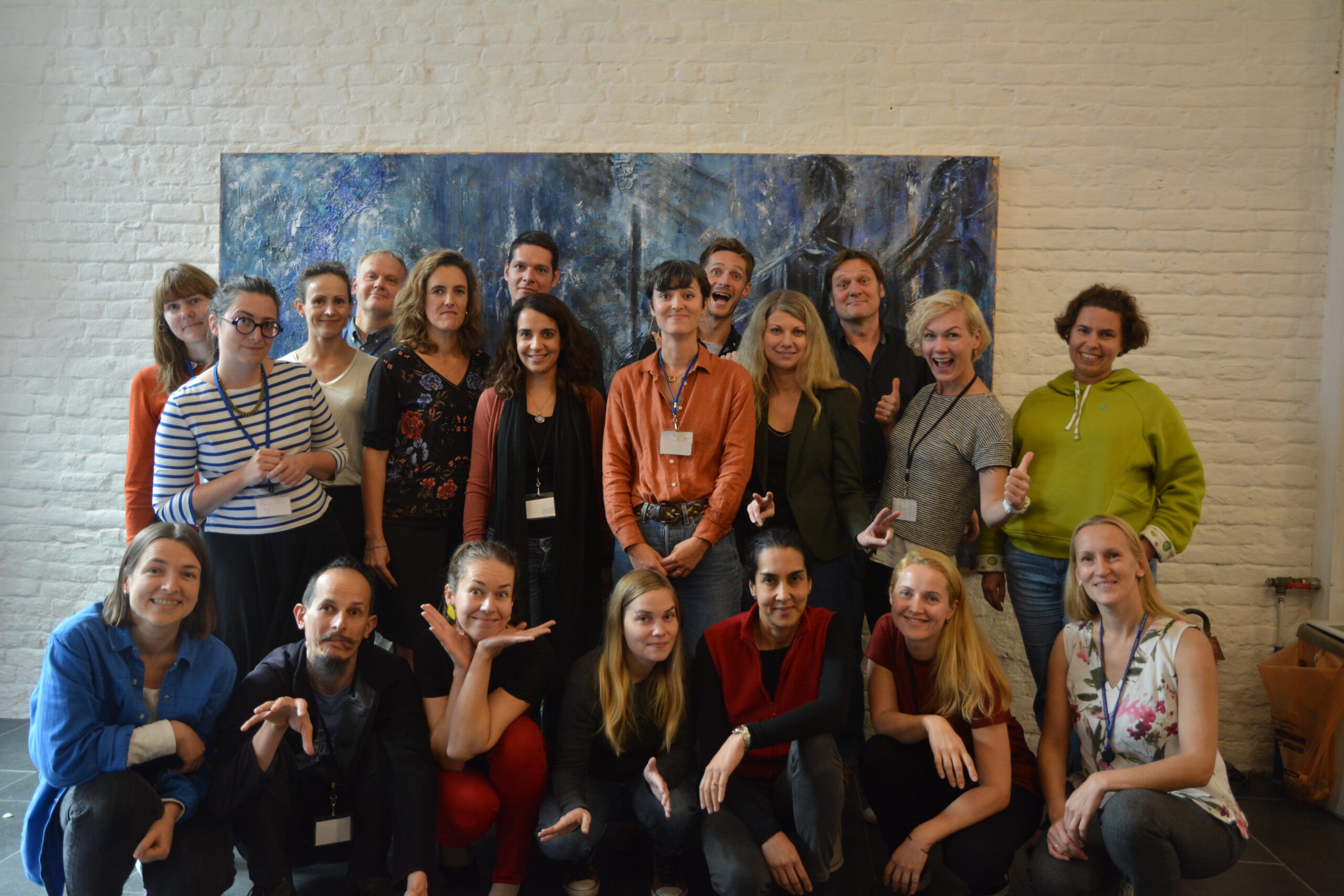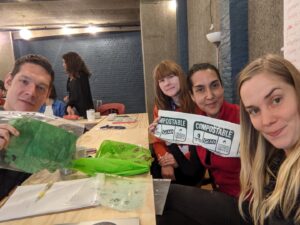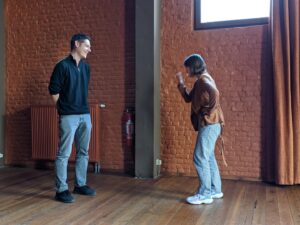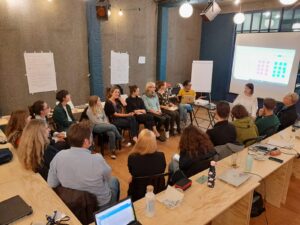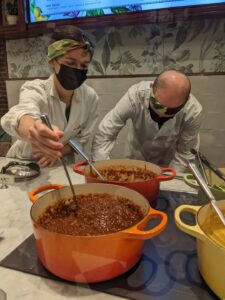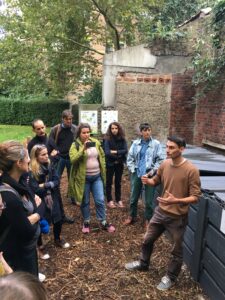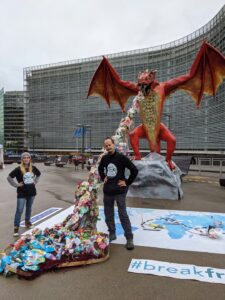If you care about plastic pollution, the announcement of a Global Plastics Treaty from the UN is big news. It means the problem is now internationally recognised and countries will have to work together to solve it. The final agreement could limit new plastic production, stop toxic chemicals and make sure products are designed for reuse.
But getting there isn’t easy. The negotiations involve almost 200 countries, with a lot of different interests. They need to follow certain rules for discussion and there are thousands of pages of documents produced. If you’re not a lawyer or policy geek, it can be hard to understand what’s going on. So we’ve made a guide that breaks down some of the terms used in the treaty discussion – and why they are important. The more people know about what’s happening and what’s at stake, the better chance we have to get a strong treaty to protect us and the planet.
So educate yourself and others! And follow us on social media @trashheroworld to stay informed about the upcoming rounds of negotiations.
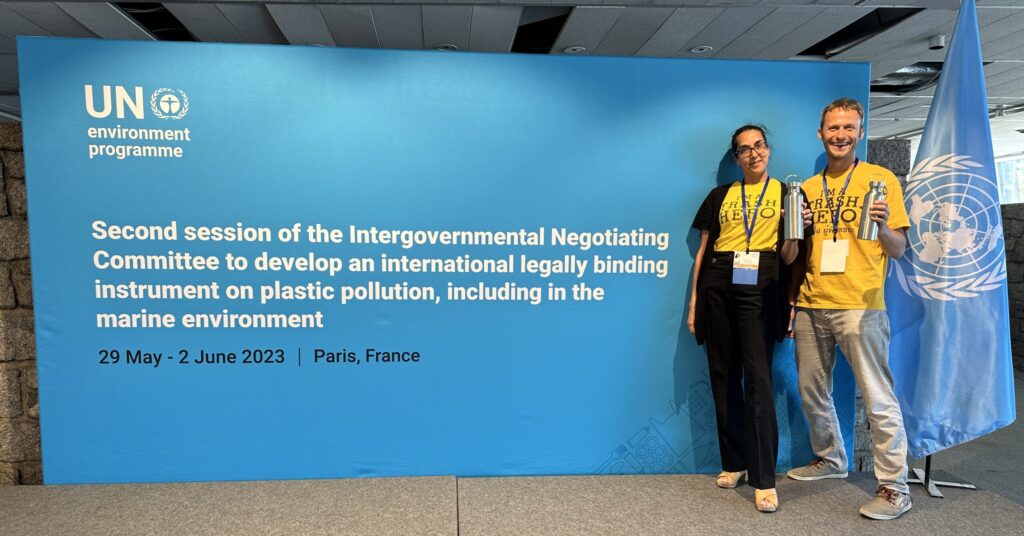
1. The Instrument
Not a guitar or a piano! The Instrument is what the UN calls the Global Plastics Treaty. Its official title is the “international legally binding instrument on plastic pollution, including in the marine environment”. “Instrument” is just a legal term for any kind of formal document that records rights or duties.
Why not just call it a treaty? Because “treaty” has a specific meaning in international law. And there are other types of international agreements, like conventions, accords, declarations or protocols. As we don’t yet know what form the “instrument” will take, the UN uses this neutral word to cover all possibilities.
Having said that, it is most likely that the future treaty / instrument will be a “convention”. Ideally it should be a specific convention, where the countries’ obligations and commitments are written directly in the text.
The other option is a framework convention, where the text only agrees to do things in principle and leaves the details of how and when to be negotiated later. The framework model was used in the climate change treaty (UN Framework Convention on Climate Change, or UNFCCC), and countries are still debating actions and targets almost 30 years after it was made. COP29 will be held in Azerbaijan in November 2024 and will likely be more “blah blah blah“.
2. INC – Intergovernmental Negotiating Committee
This is the name for the group of UN member states that are discussing the future plastics treaty. The INC is facilitated by a secretariat of staff from the United Nations Environment Programme (UNEP) and it is funded by various member states. There are five meetings or sessions of the INC currently planned, roughly one every six months over two years. If the treaty is not ready after this, the member states will need to decide how to carry on. The schedule is as follows:
Nov 2022: INC-1 @ Punta del Este, Uruguay
May 2023: INC-2 @ Paris, France
Nov 2023: INC-3 @ Nairobi, Kenya
Apr 2024: INC-4 @ Ottawa, Canada
Nov 2024: INC-5 @ Busan, S. Korea
3. COP – Conference of the Parties
COPs are usually linked with the climate change treaty, but it’s a general term for what comes after any UN convention is agreed upon: the countries who signed it (the “Parties”) gather to review how it’s going and whether it needs changes. The COP for the climate convention happens every year. Some other treaties, like the Convention on Biological Diversity, hold a COP every 2 years. For the plastics treaty, it has not yet been decided how often the Parties will meet.
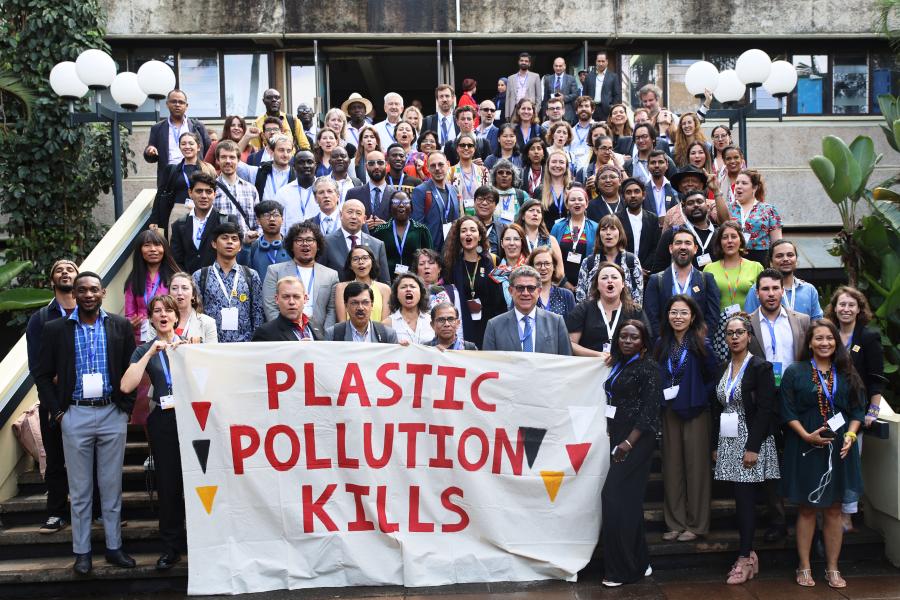
4. Observers and conflict of interest
Since the Rio Earth Summit in 1992, the UN has recognised the importance of having stakeholders present at any discussions about the future of our planet. They created nine “Major Groups“:
- Women
- Children and Youth
- Indigenous Peoples
- Non-Governmental Organisations
- Local Authorities
- Workers and Trade Unions
- Business and Industry
- Scientific and Technological Community
- Farmers
Accredited representatives of these groups – like Trash Hero World – are called Observers. This doesn’t mean we just sit and watch things happen, though! Observers can join the INC negotiation sessions, make statements and written submissions and also receive information about what is happening in between the negotiations. But we are not able to vote and can only speak if there is time after the member states have finished.
The Observer system is not perfect. Different Observers have different levels of access and participation. Sometimes the logistics of joining all the meetings prevent some groups taking part – not everyone can afford the costs and many struggle to get visas. Observers’ rights to speak or attend meetings can also be refused by the member states – some are more friendly than others to civil society.
The whole system is a bit too friendly to certain powerful stakeholders, like the business and industry representatives, who are often invited to join official government delegations. The INC has not yet addressed the conflict of interest created by allowing the plastics industry to take part in the negotiations.
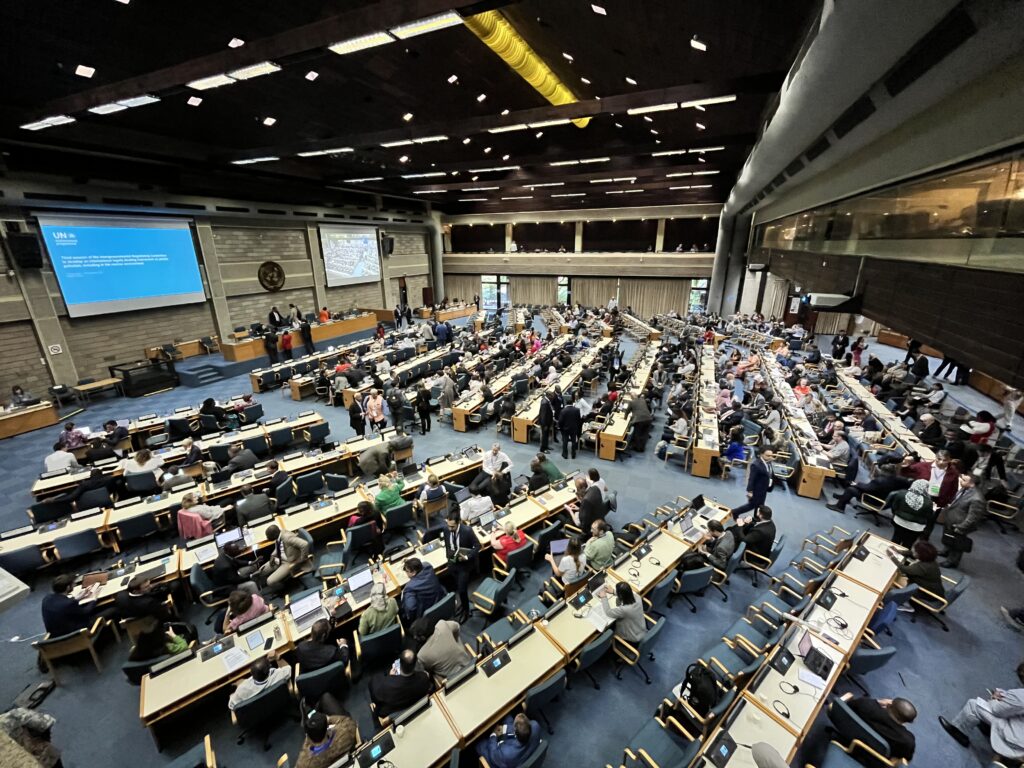
5. Plenary, contact groups, informals
At the INC meetings, the opening and closing sessions are held in plenary. This means they are open to all participants and live streamed for the public. But the main negotiations happen in Contact Groups.
Contact groups are formal meetings, usually dedicated to a particular topic, but they are not live streamed and are subject to the Chatham House Rule. This rule allows anything said in the meeting to be shared and used later, but only if the speaker is not identified. This in theory allows for a more open discussion.
If you see news reports during the INC meetings that say things like “Certain states tried to stall negotiations”, without specifying which ones, this is the Chatham House Rule in action!
The third type of negotiation is the “informal”. As the name suggests, these meetings are not recorded at all and are used to discuss sensitive issues, often between smaller groups of countries.
6. MEA – multilateral environmental agreement
An agreement between 2 countries or states is called bilateral and between many countries, it is called multilateral. The Global Plastics Treaty will be an MEA. There are already more than 250 MEAs covering everything from tuna fish to the ozone layer. This treaty needs to fit in alongside them and not duplicate or contradict anything they do. There is quite a bit of discussion about how best to do this, especially in relation to the BRS – Basel, Rotterdam and Stockholm – conventions that regulate the production, use, trade and disposal of hazardous waste and chemicals, a lot of which is plastic.
7. EPR – Extended Producer Responsibility
This term refers to a wide set of measures that could be included in the treaty to make sure manufacturers of plastics (and the products and packaging made from them) are held responsible for the health and environmental costs of their products across the whole lifecycle.
At the most basic level, EPR means requiring companies to collect and recycle more of their waste. A stronger set of measures would also mandate targets for reduction of single-use plastic, design and infrastructure for reuse, labelling of the ingredients in plastic and fines for harms caused.
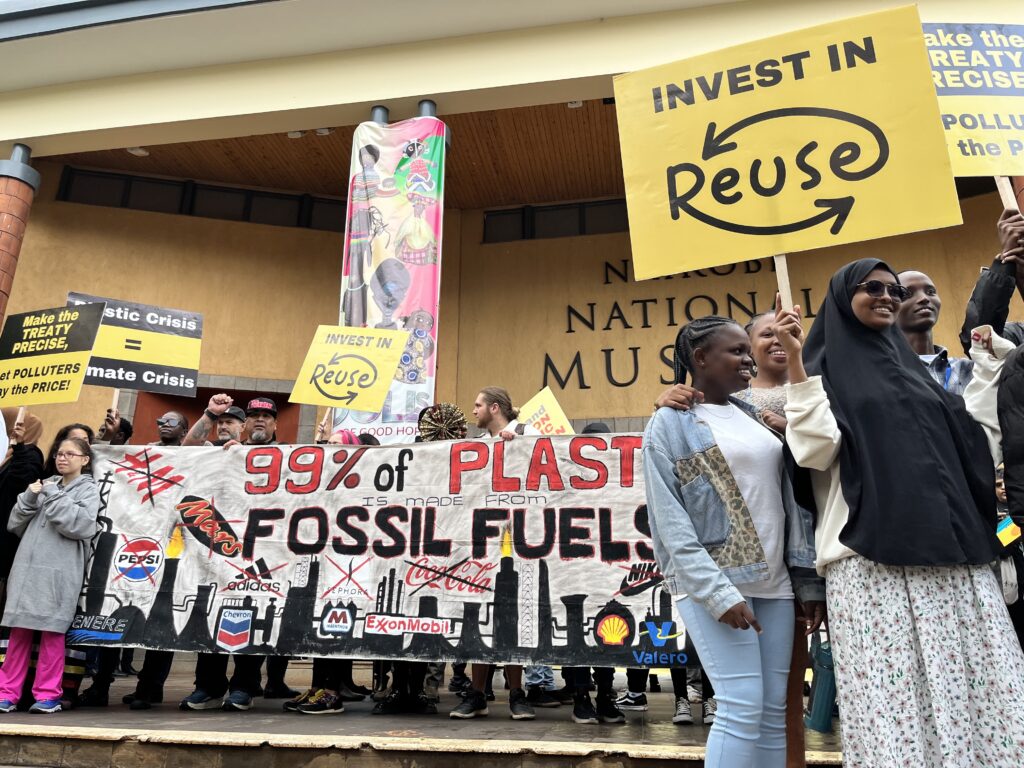
8. CBDR – Common but differentiated responsibilities
This is the idea that, while all countries share the responsibility for solving global environmental problems, not all countries are equally to blame. Countries in the Global North have typically done more to harm the climate and the living world and, as a result of that exploitation, now have more money to fix it. CBDR says they have an obligation to help countries in the Global South, who are less responsible. These developing nations need financial support to manage the impacts of plastic pollution and to take the actions that will be recommended by the treaty.
It’s important that the principle of CBDR should only apply to the financing of actions included in the treaty, not to the actions themselves. Some countries are already arguing that their “special national circumstances” excuse them from following any globally agreed standards. Using CBDR in this way will weaken the treaty as it lets individual countries choose whether or not to keep polluting.
9. Rules of Procedure (RoP)
They may sound like boring administrative details, but the draft rules of procedure that determine how the treaty gets decided are one of the hottest topics at the INC meetings. The big debate is whether member states should have the right to vote on decisions if they cannot reach an agreement, as stated in Rules 37 and 38.
Why would countries not want to vote? Some are afraid that, if they were on the losing side, they would be forced into doing things they don’t want to do. They prefer every decision to be made by consensus, which means a unanimous (100%) agreement is needed to pass.
However, this also means if just one country out of the 175 present disagrees with a proposal, nothing can happen until it is modified to a (usually weaker) version that the country will approve. In other words, decisions that are already agreed by a large majority of countries can be hijacked by powerful minorities.
As we head towards INC-4, the RoP are still in a draft version, which is a big risk as we get deeper into the negotiations. Powerful oil-producing countries will push for consensus so that they can veto any attempt in the treaty to limit their activities.
10. (Revised) Zero Draft (RZD)
The zero draft is a suggested text for the treaty prepared by the INC Secretariat after INC-2 in Paris. It contains all the different options for ending plastic pollution across its whole life cycle. At INC-3 in Nairobi, the text was discussed by member states and multiple pages of suggested new wordings were added. This resulted in the RZD, which is almost twice the length of the original.
At INC-4, this new text will be the basis for negotiations. For more about the zero draft and what it covers, see our Instagram post or check out the video to see what we think the treaty should include.
A legal drafting group will be set up at INC-4 to start summarising the text into a more workable version, while the countries try to find common ground on some of the more controversial points, like reducing plastic production.
—
If this guide was helpful and you’d like to know more about any other topics related to the Global Plastics Treaty or plastic pollution in general, drop us a comment below and we’ll see if we can cover it!
read more

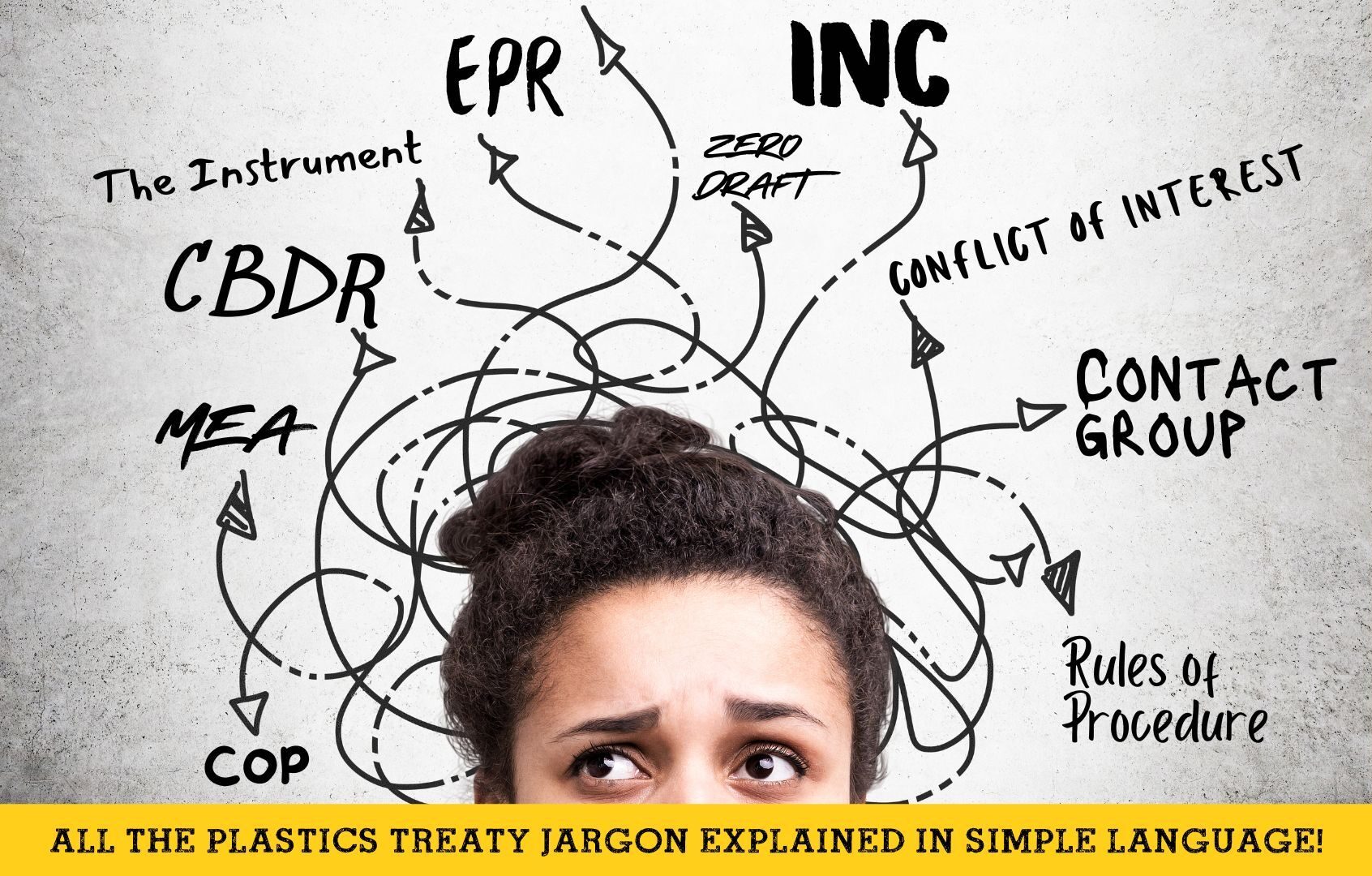
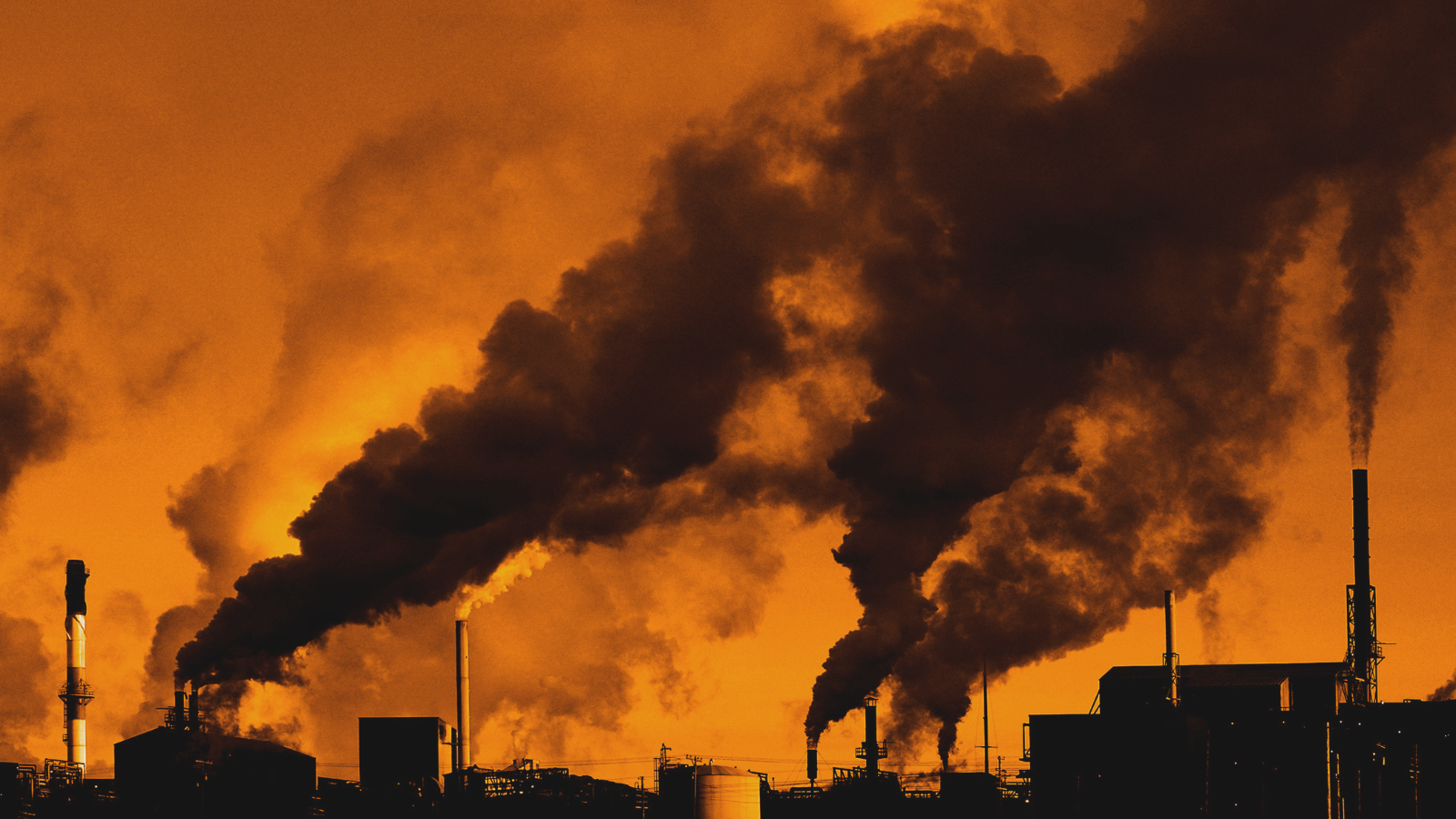
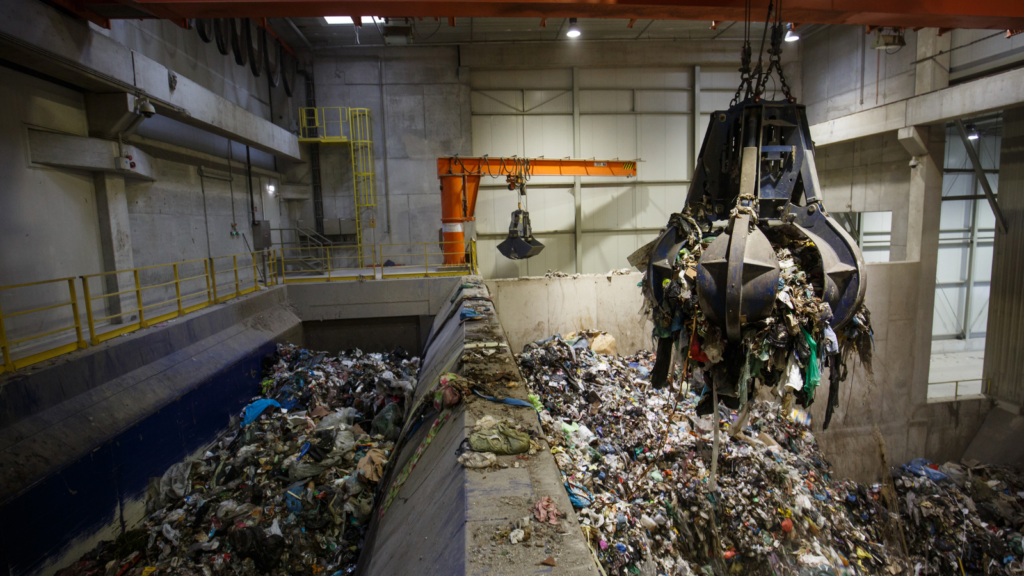
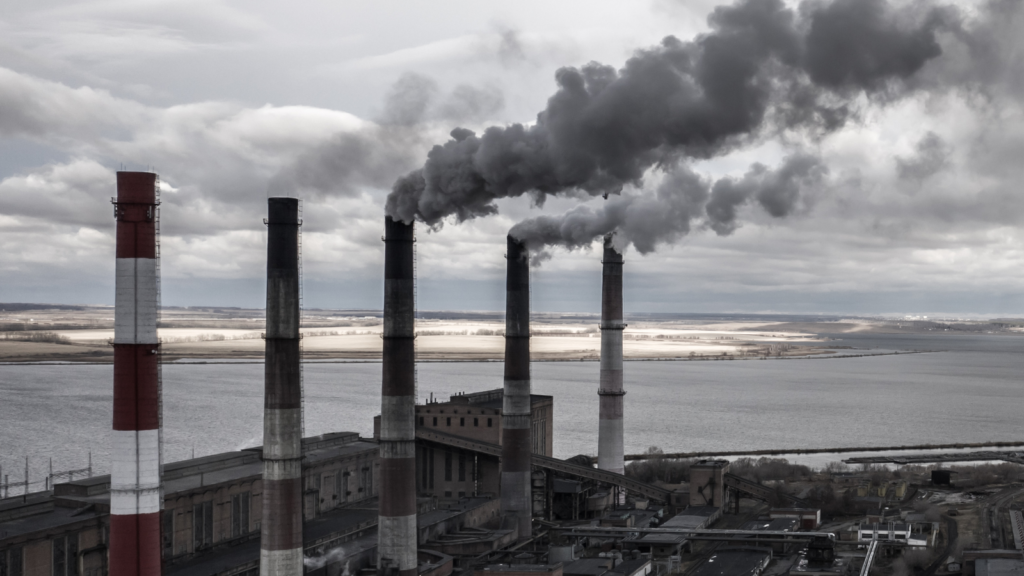
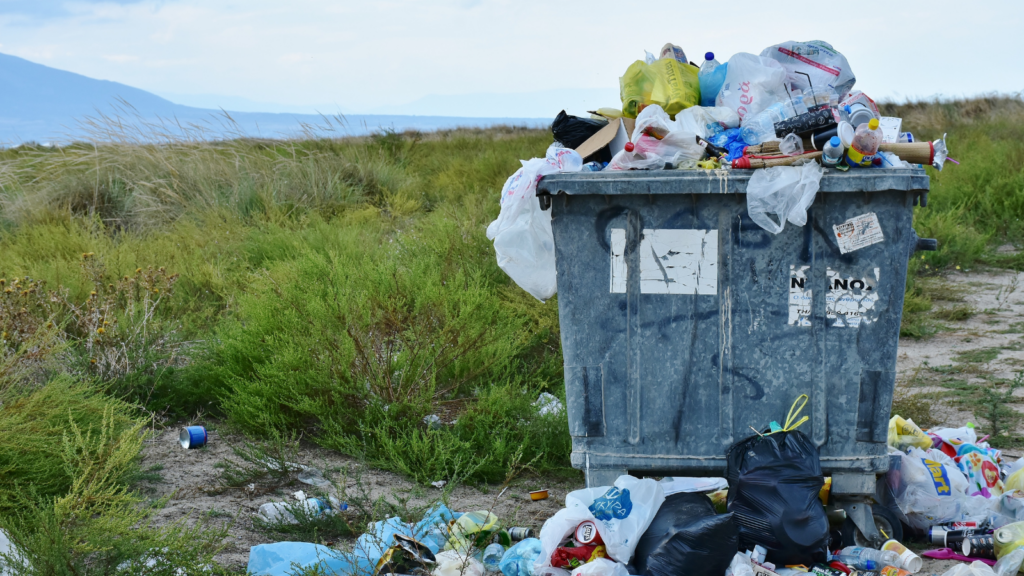
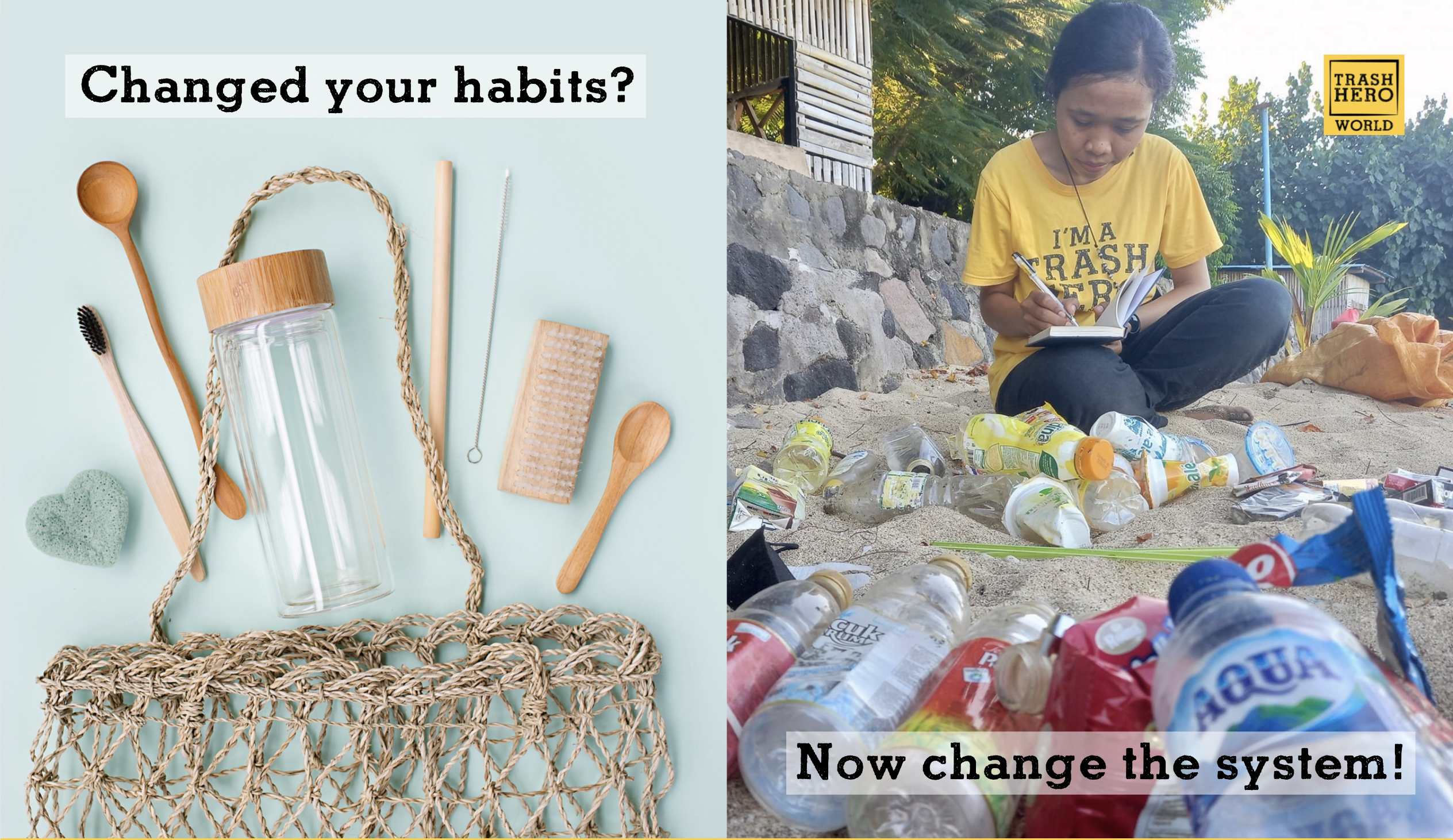


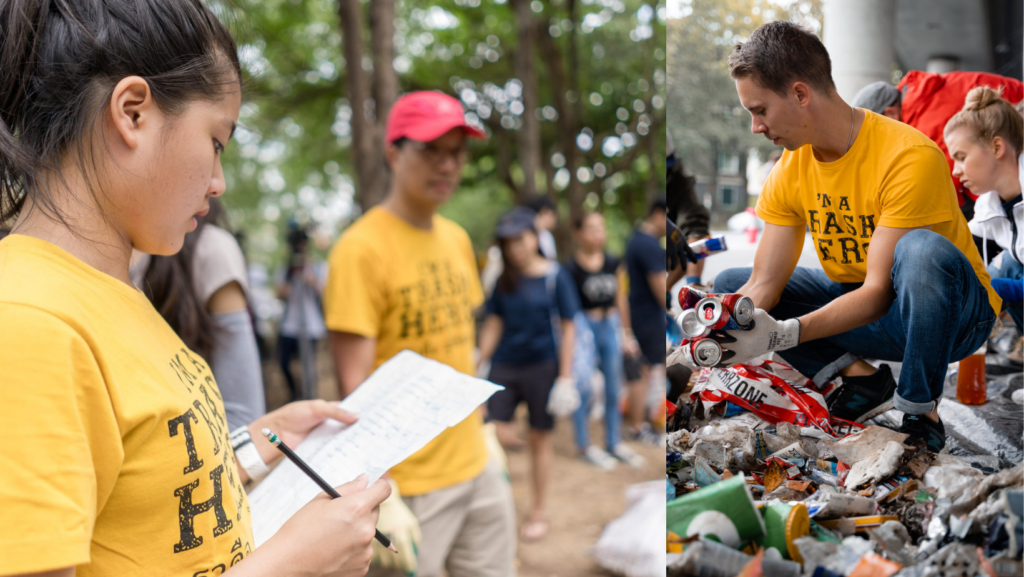

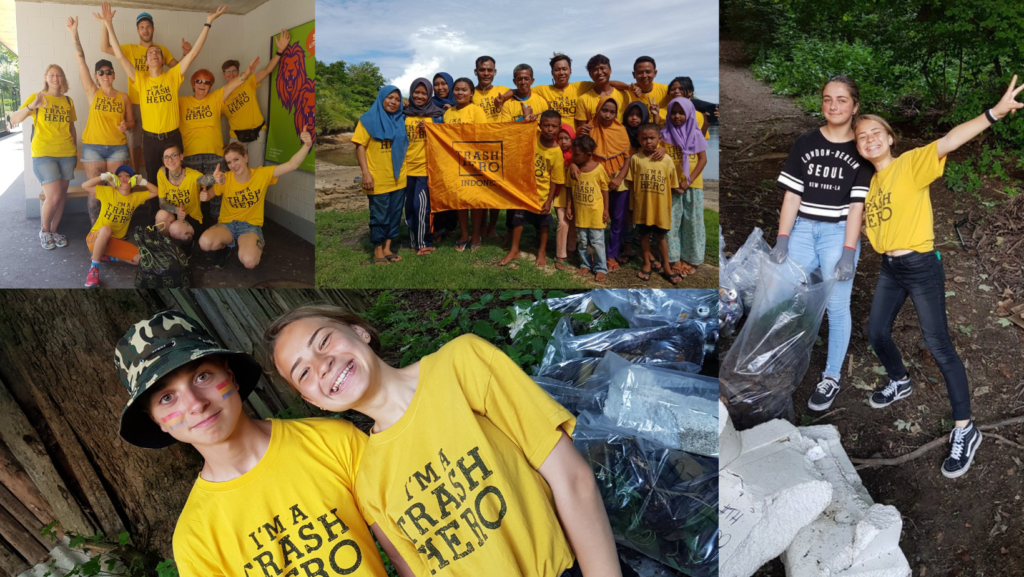
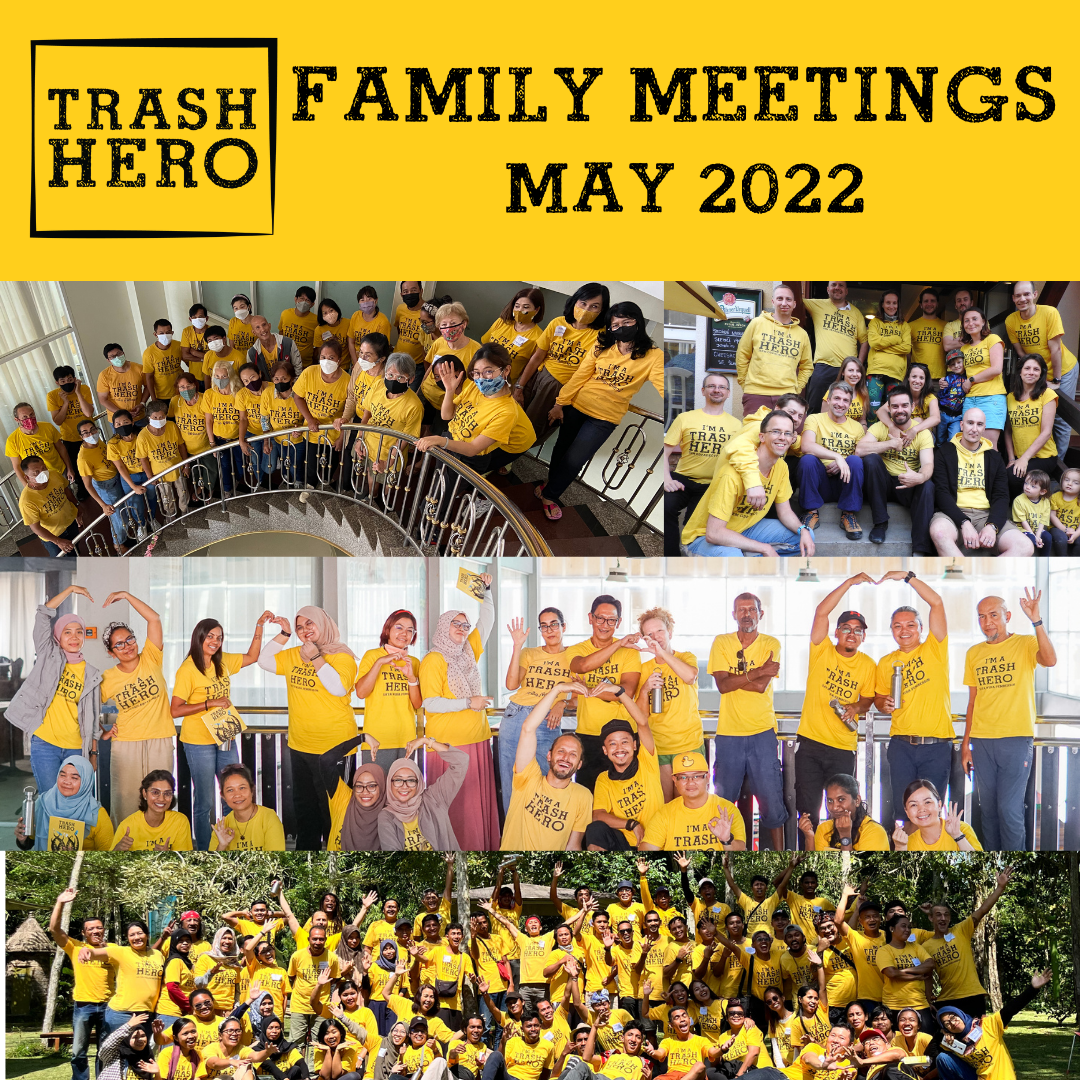
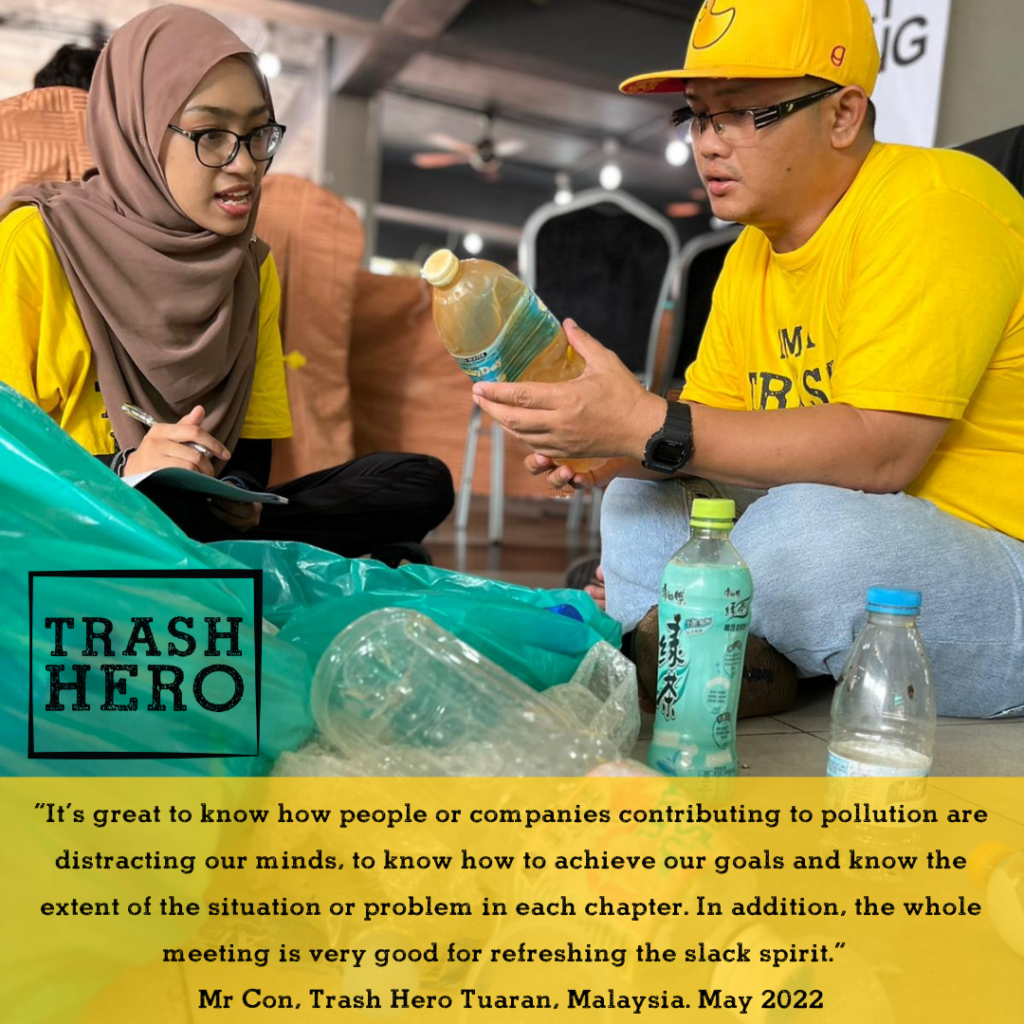
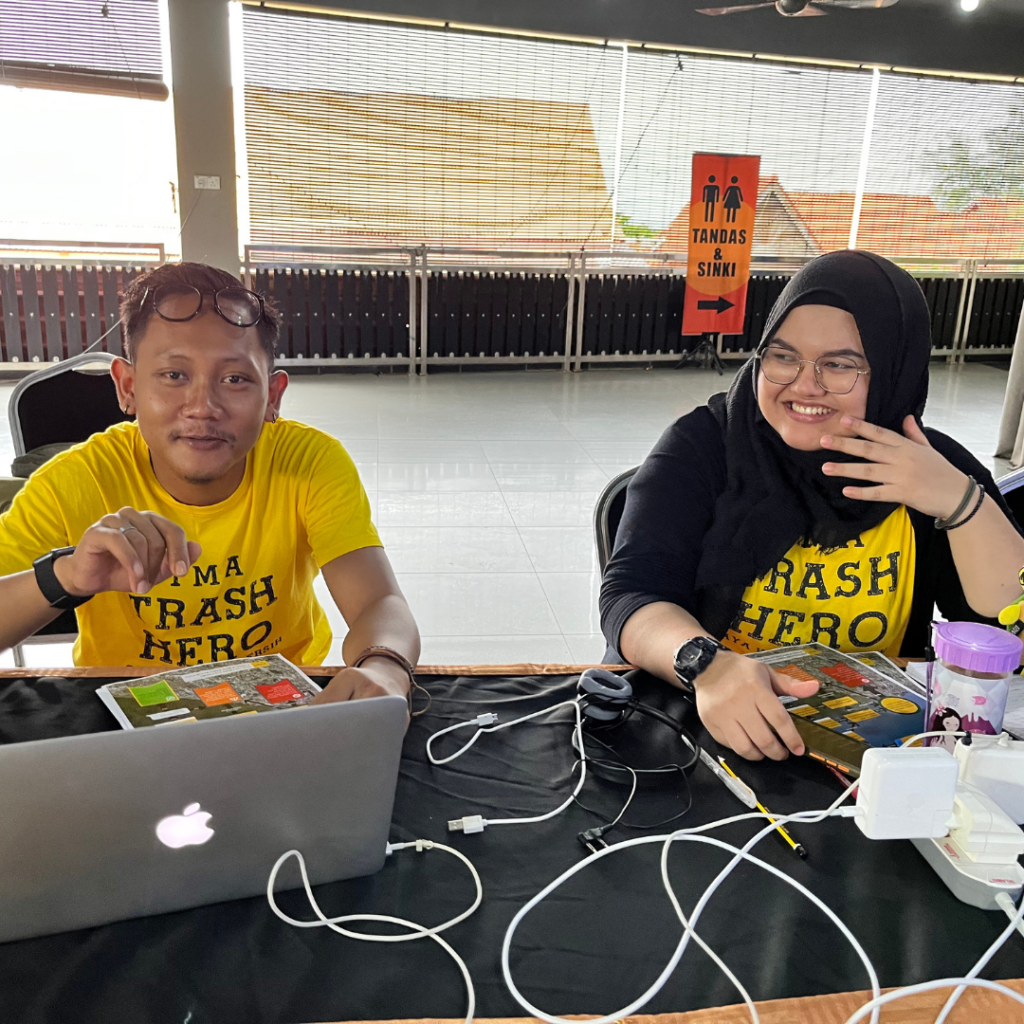
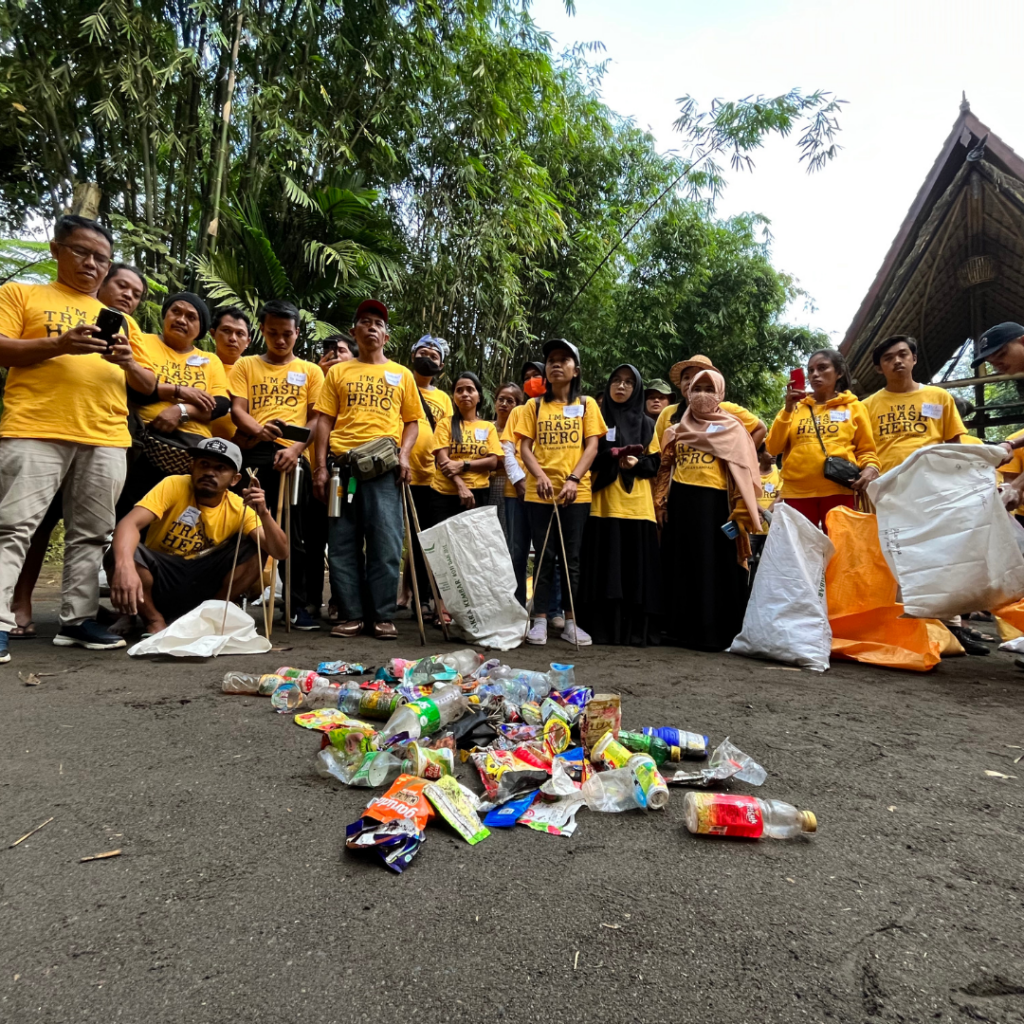
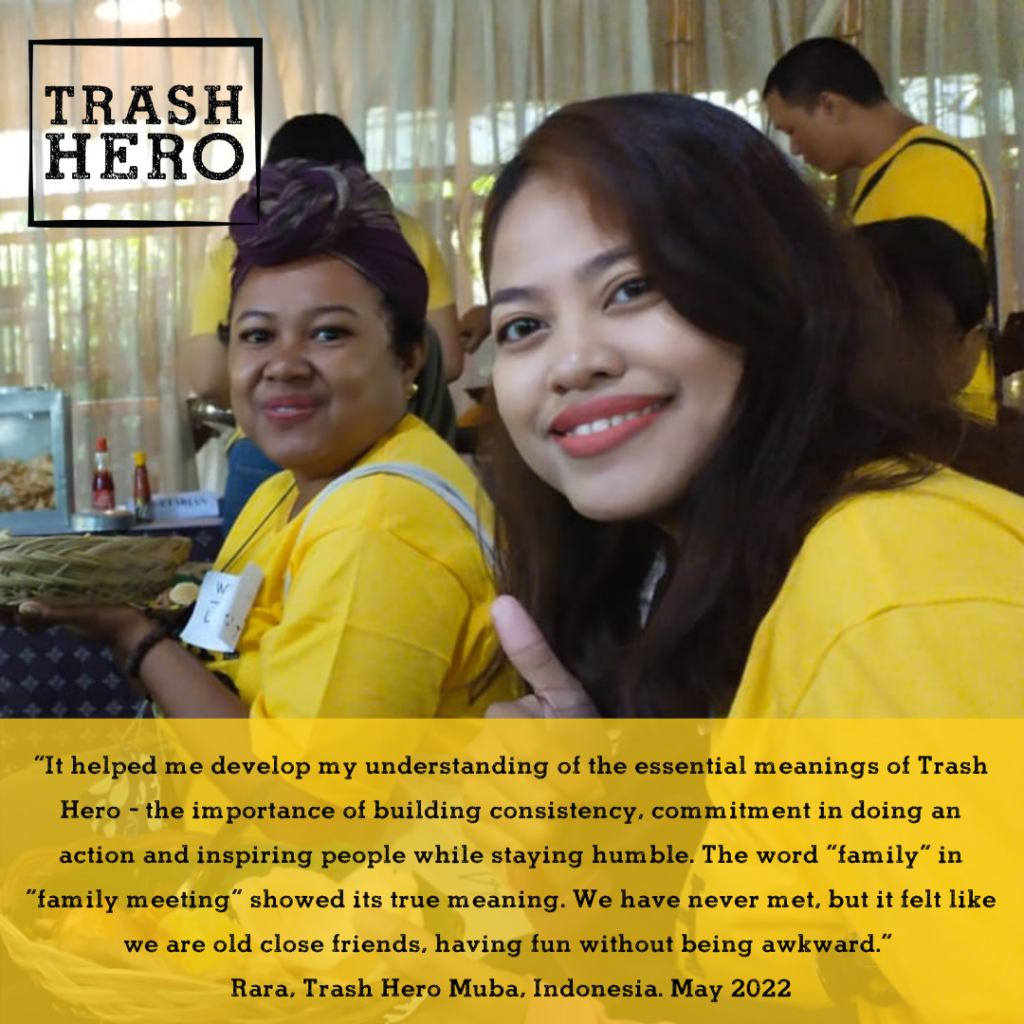
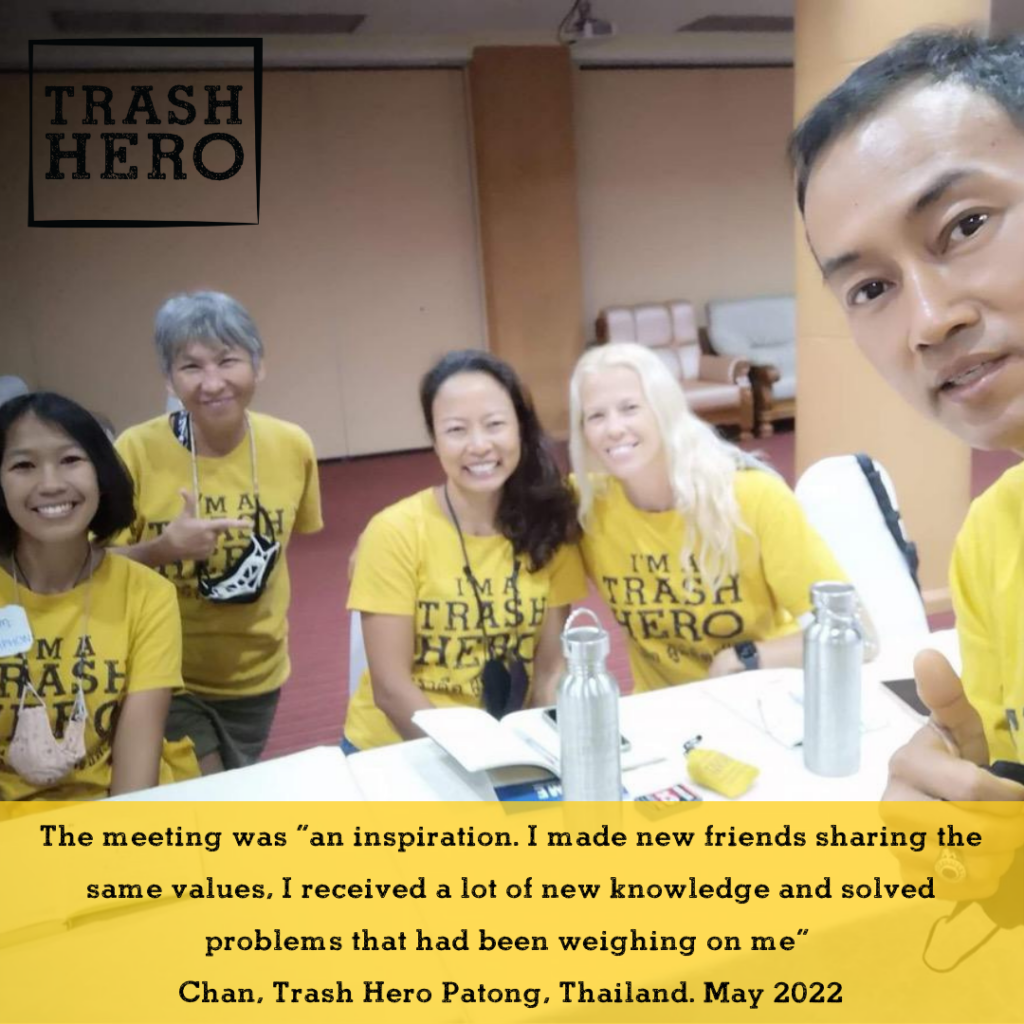
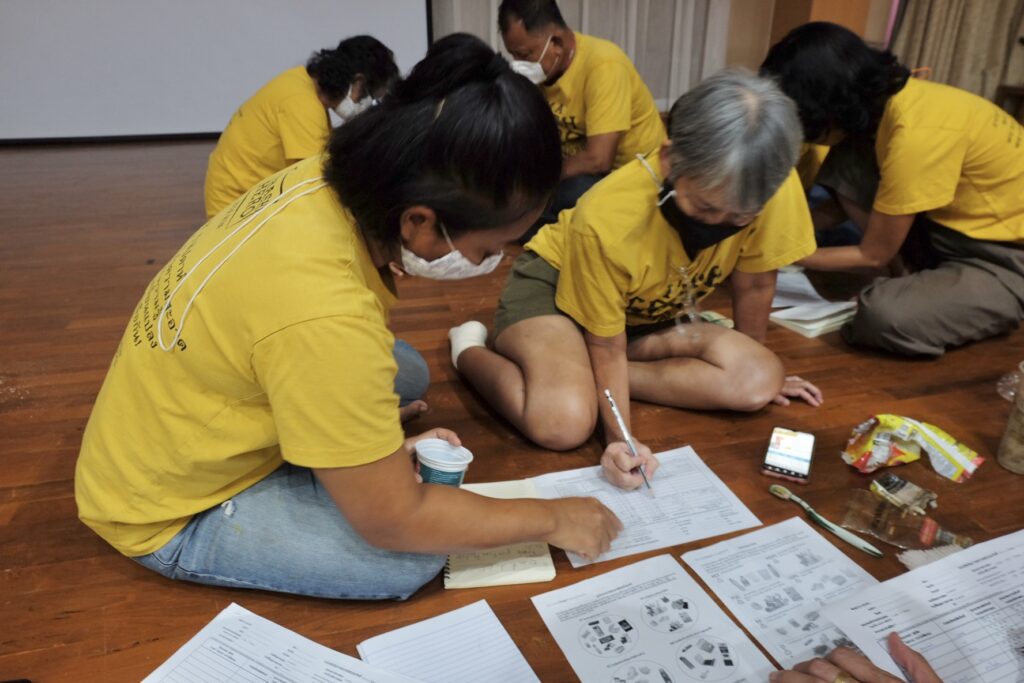
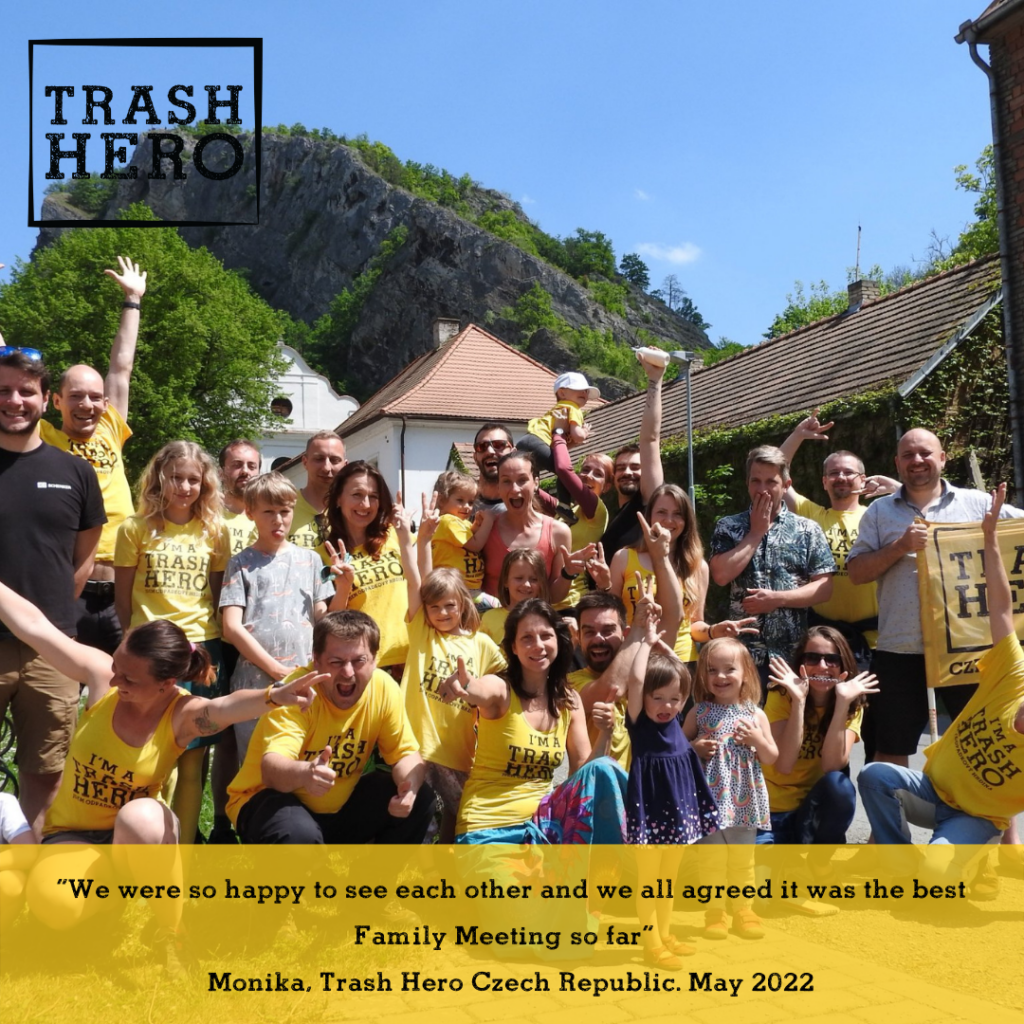


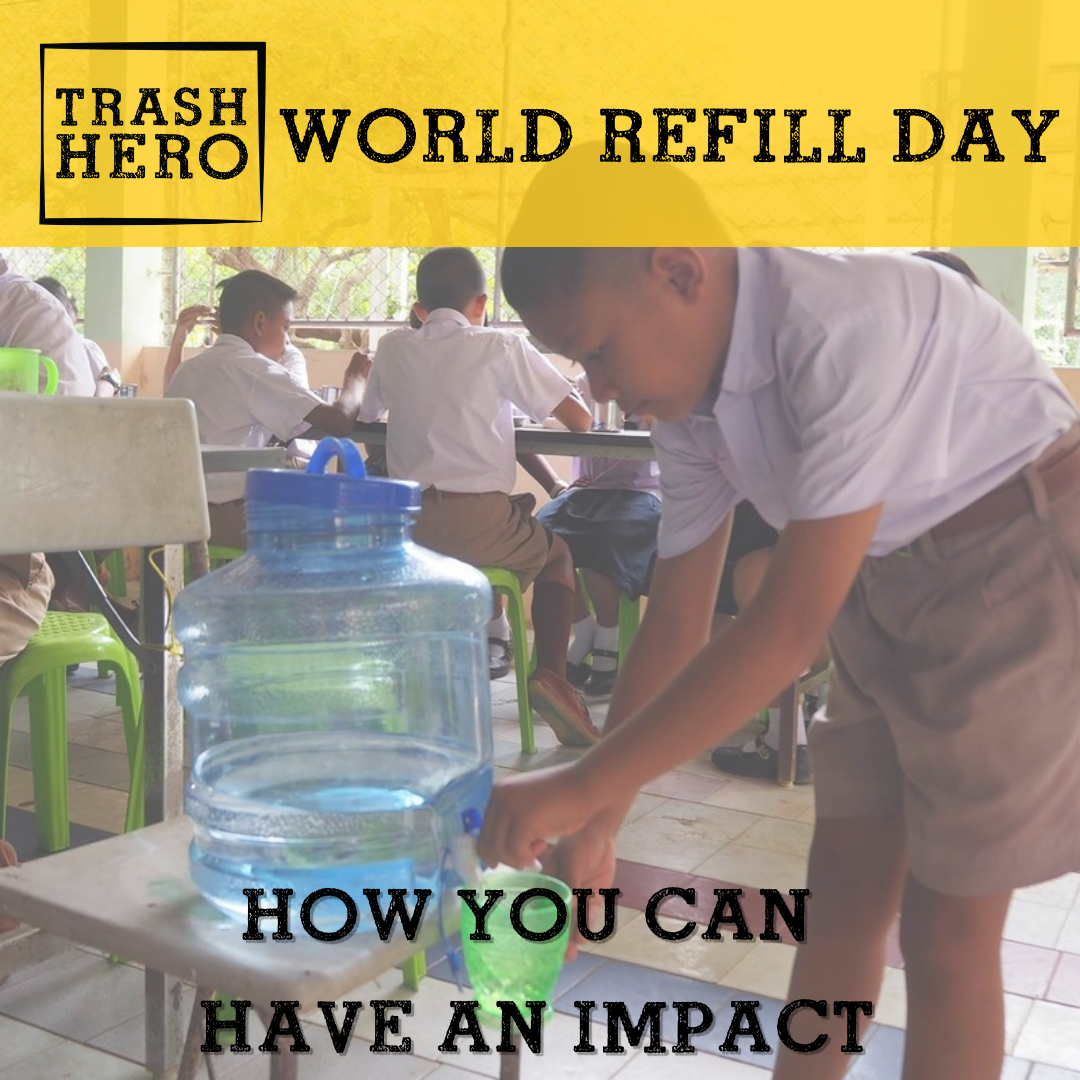
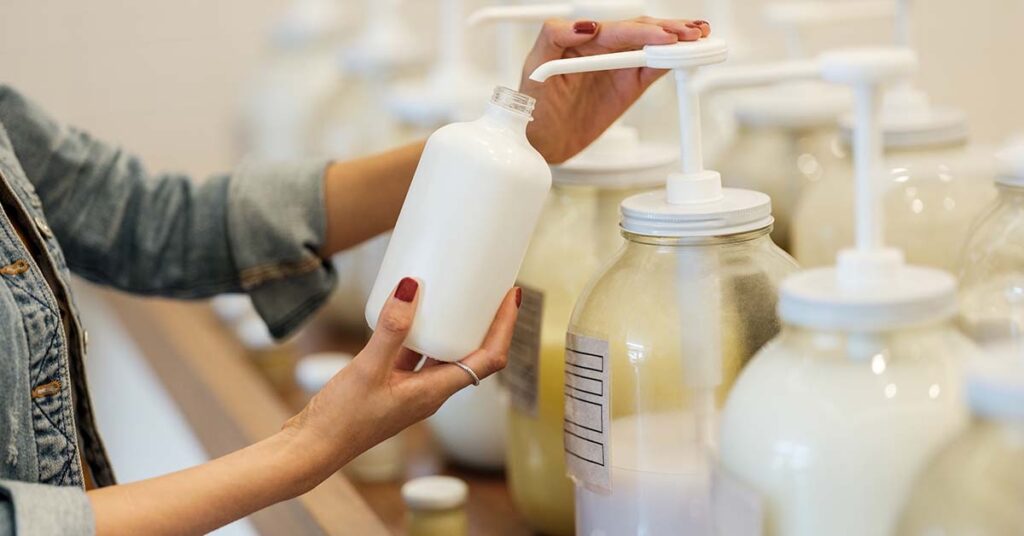
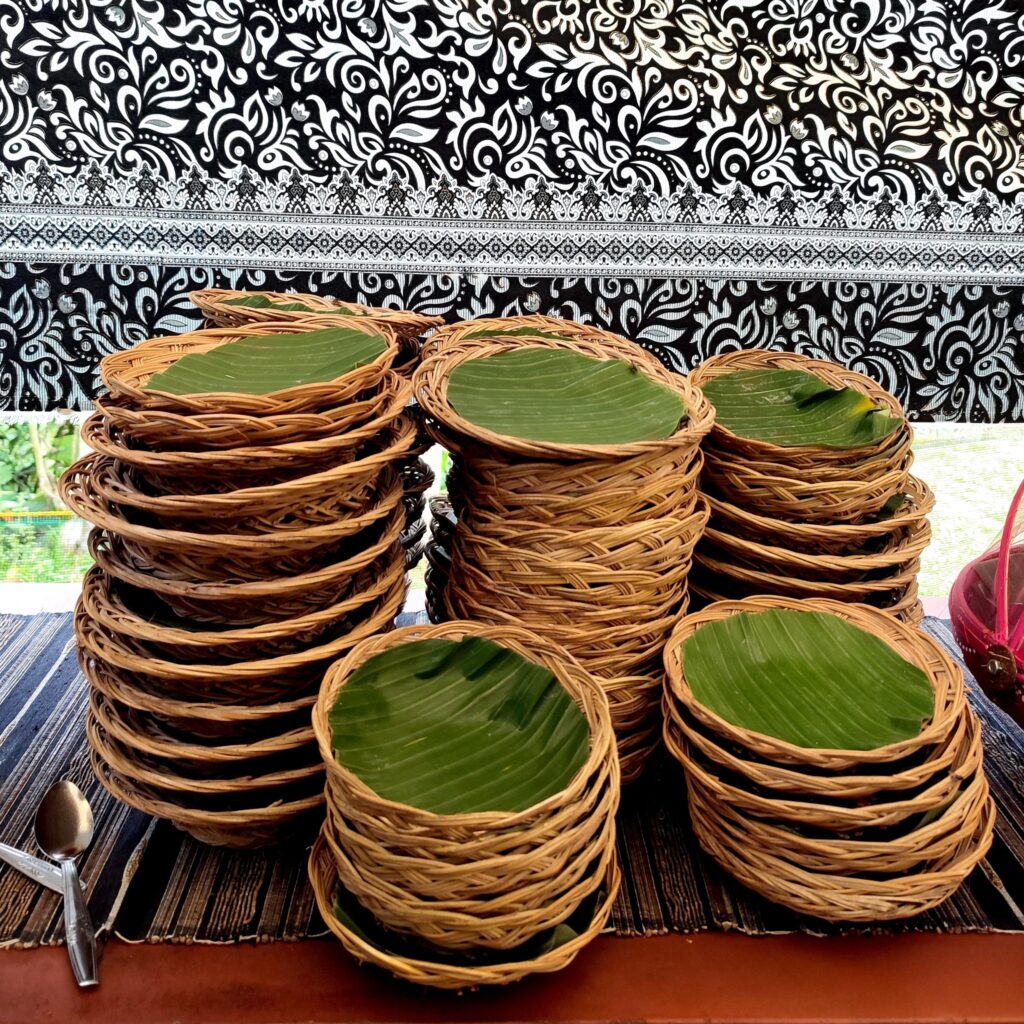
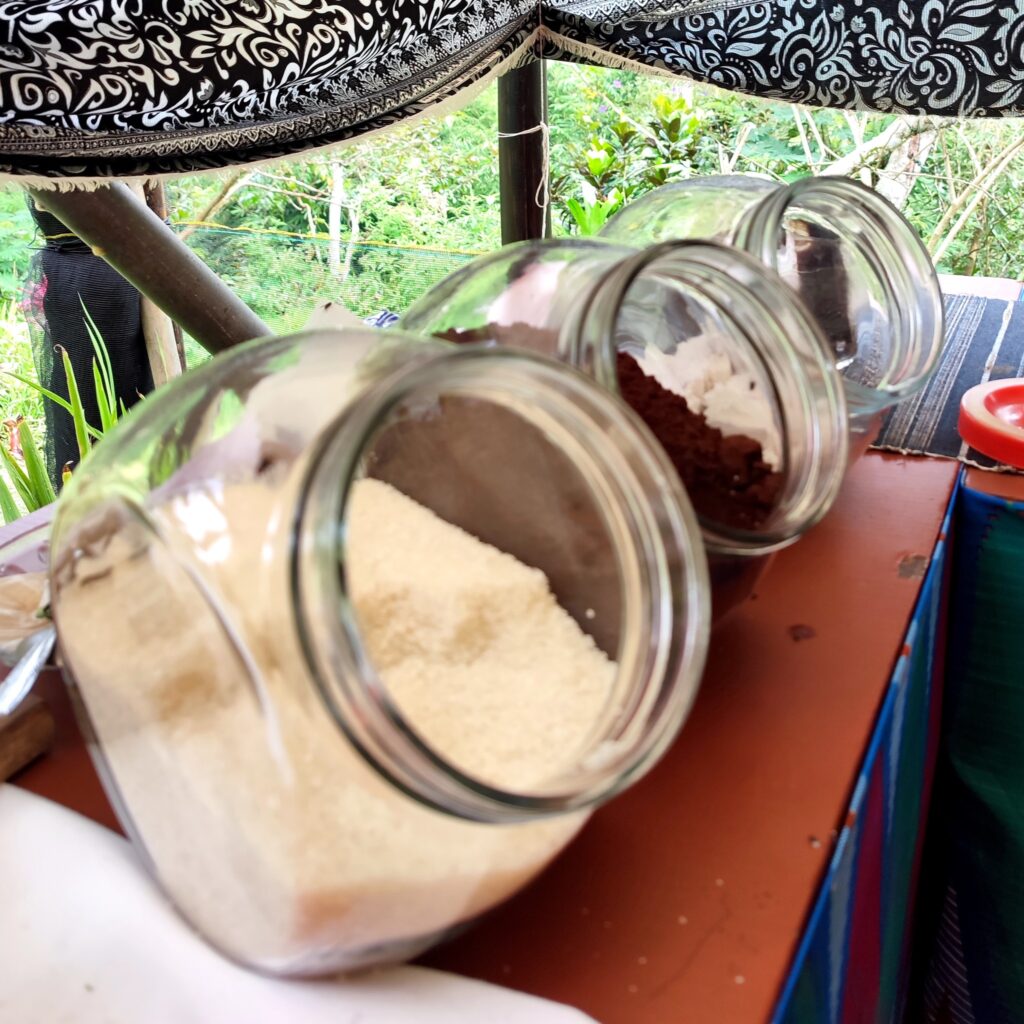
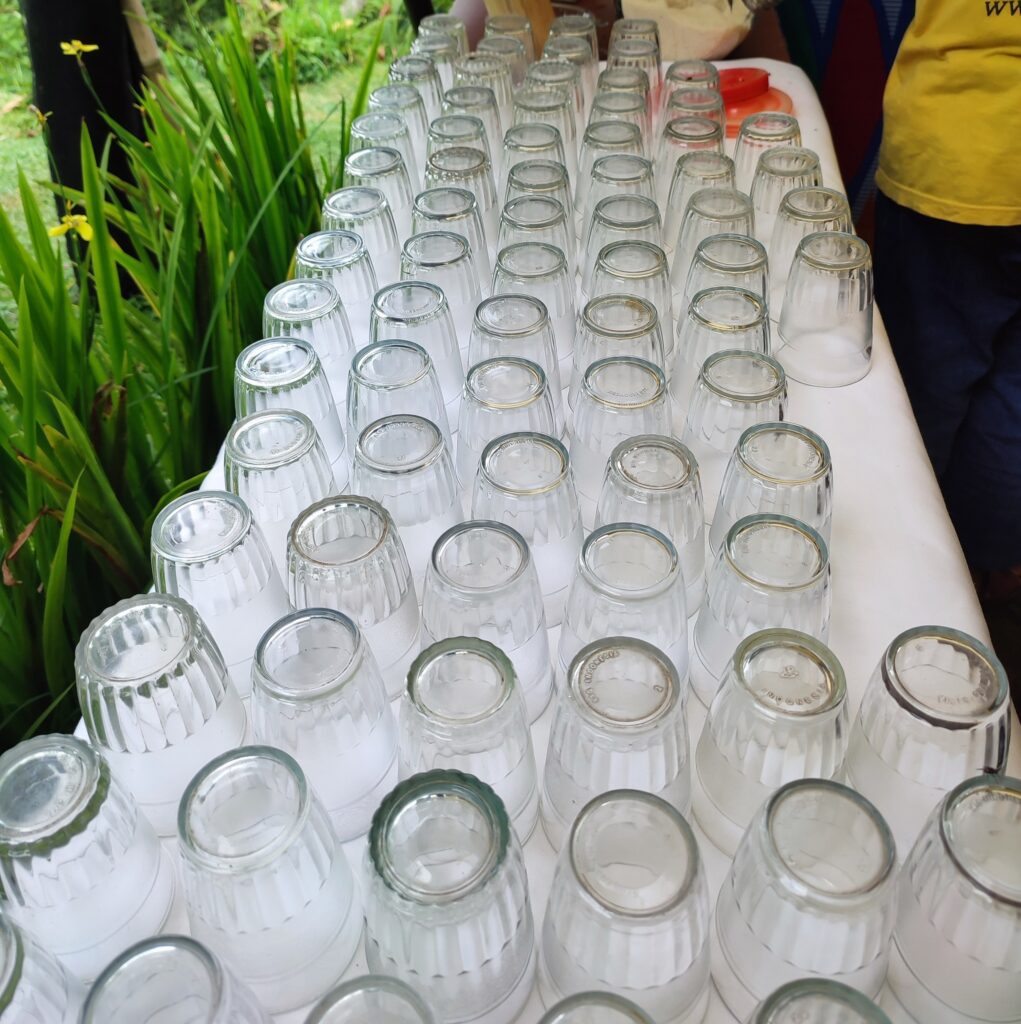
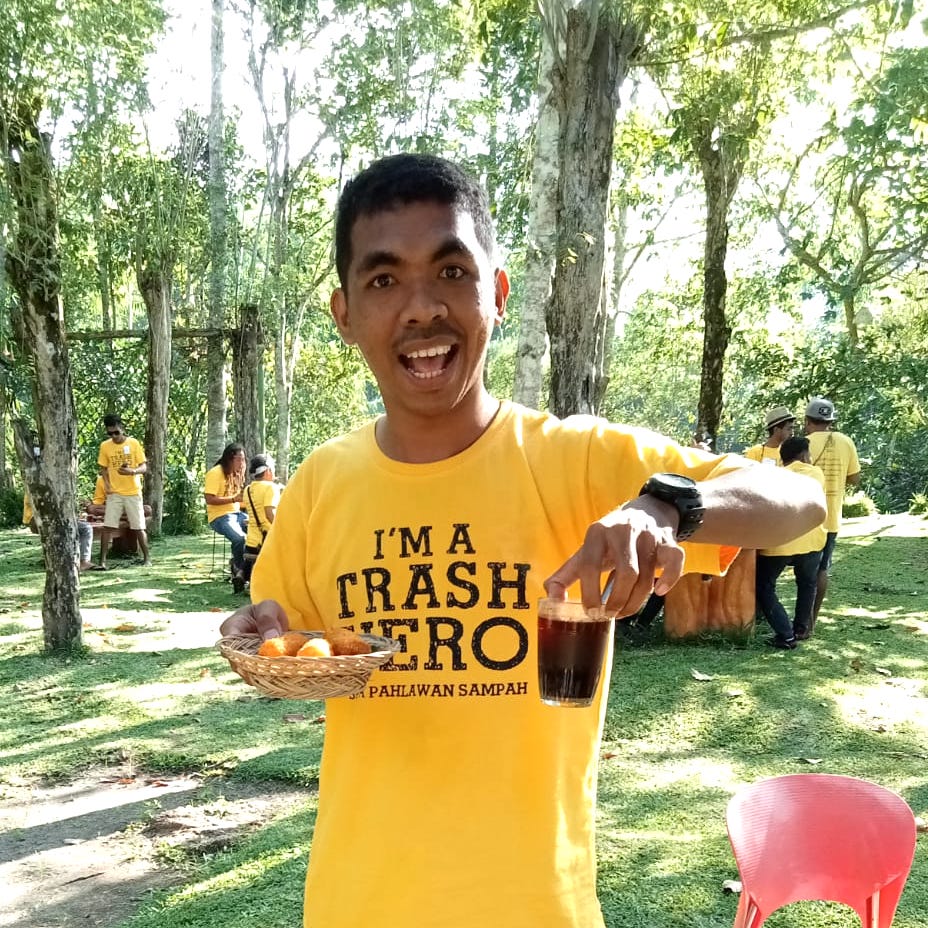
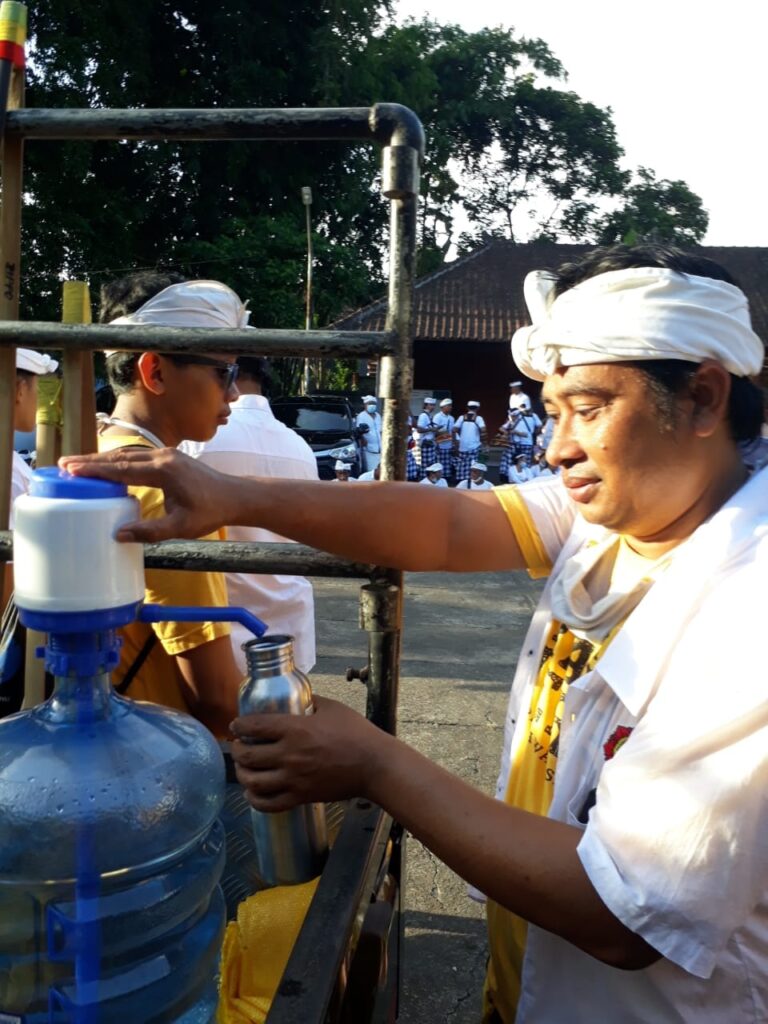
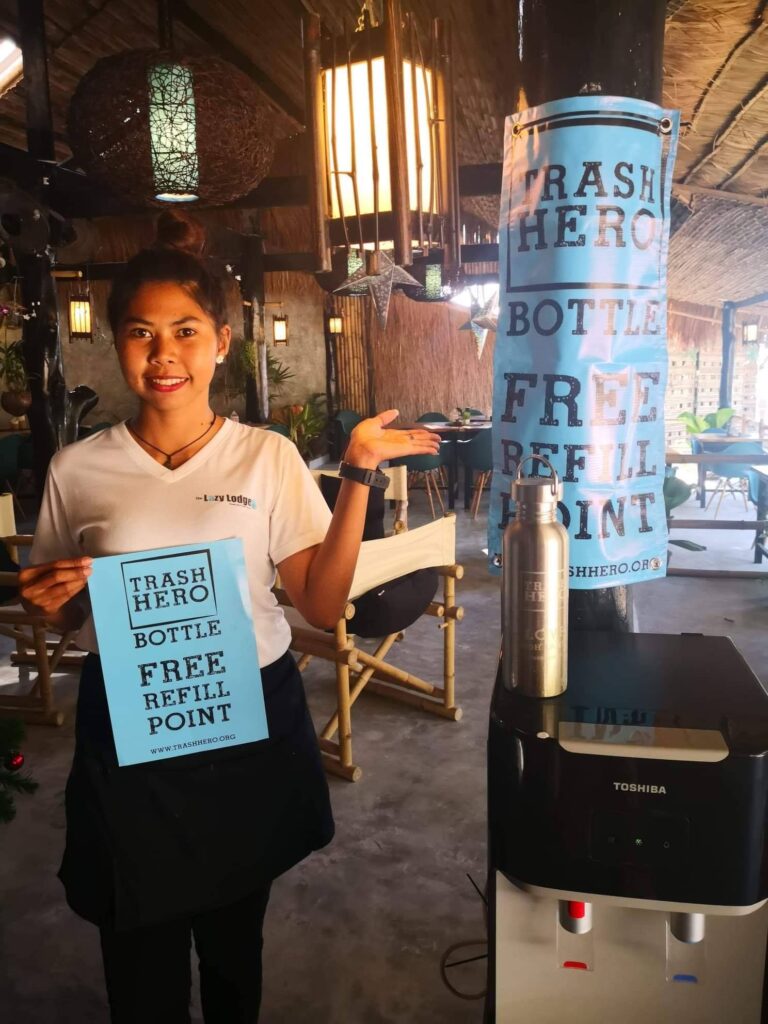
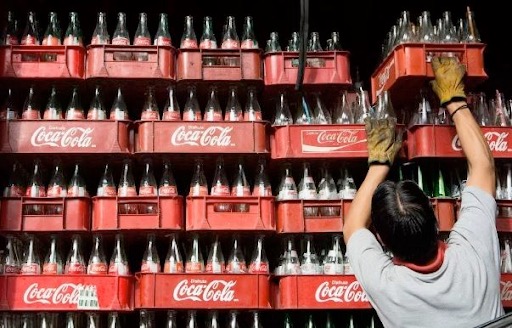


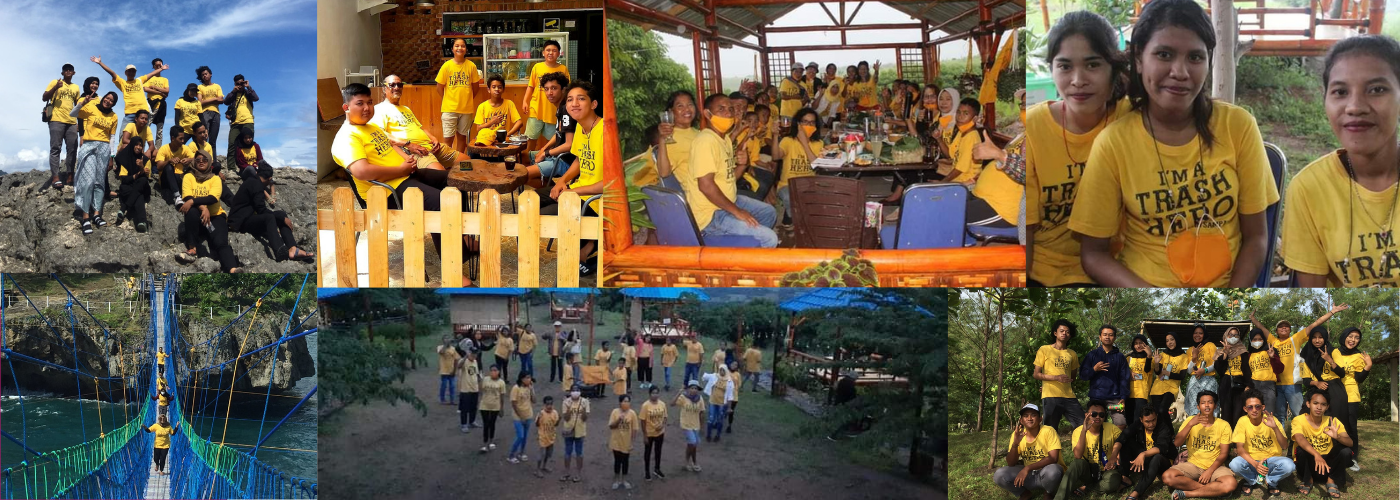
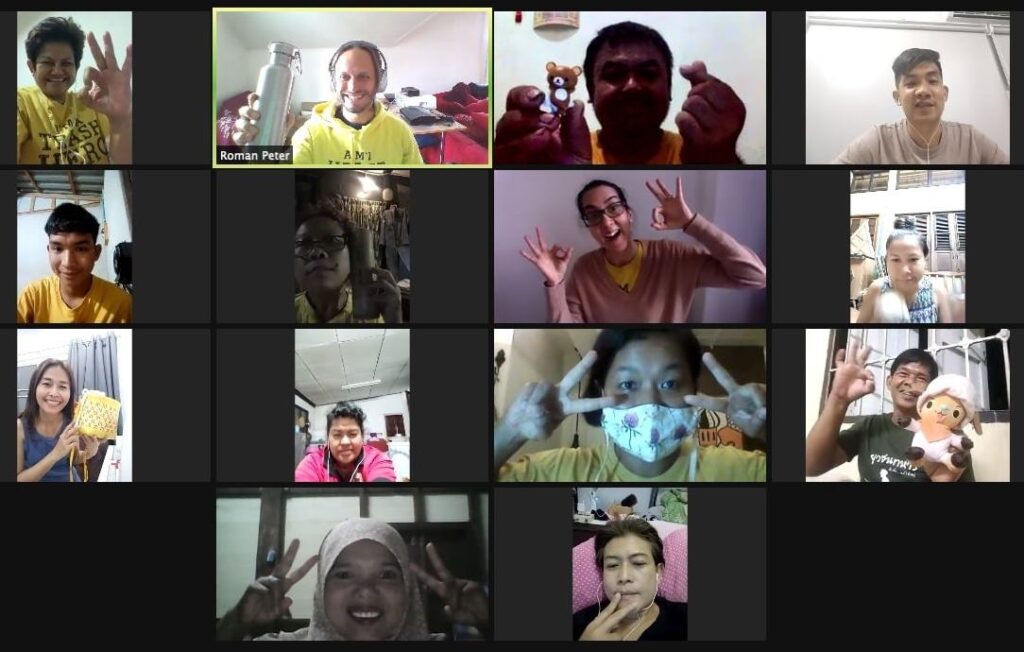
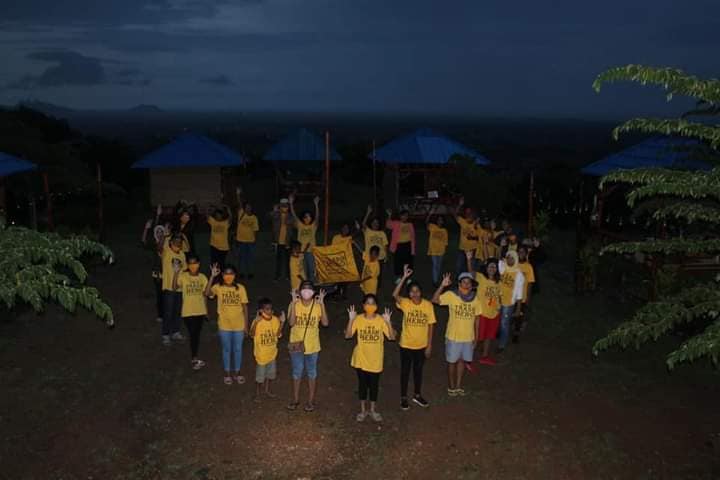
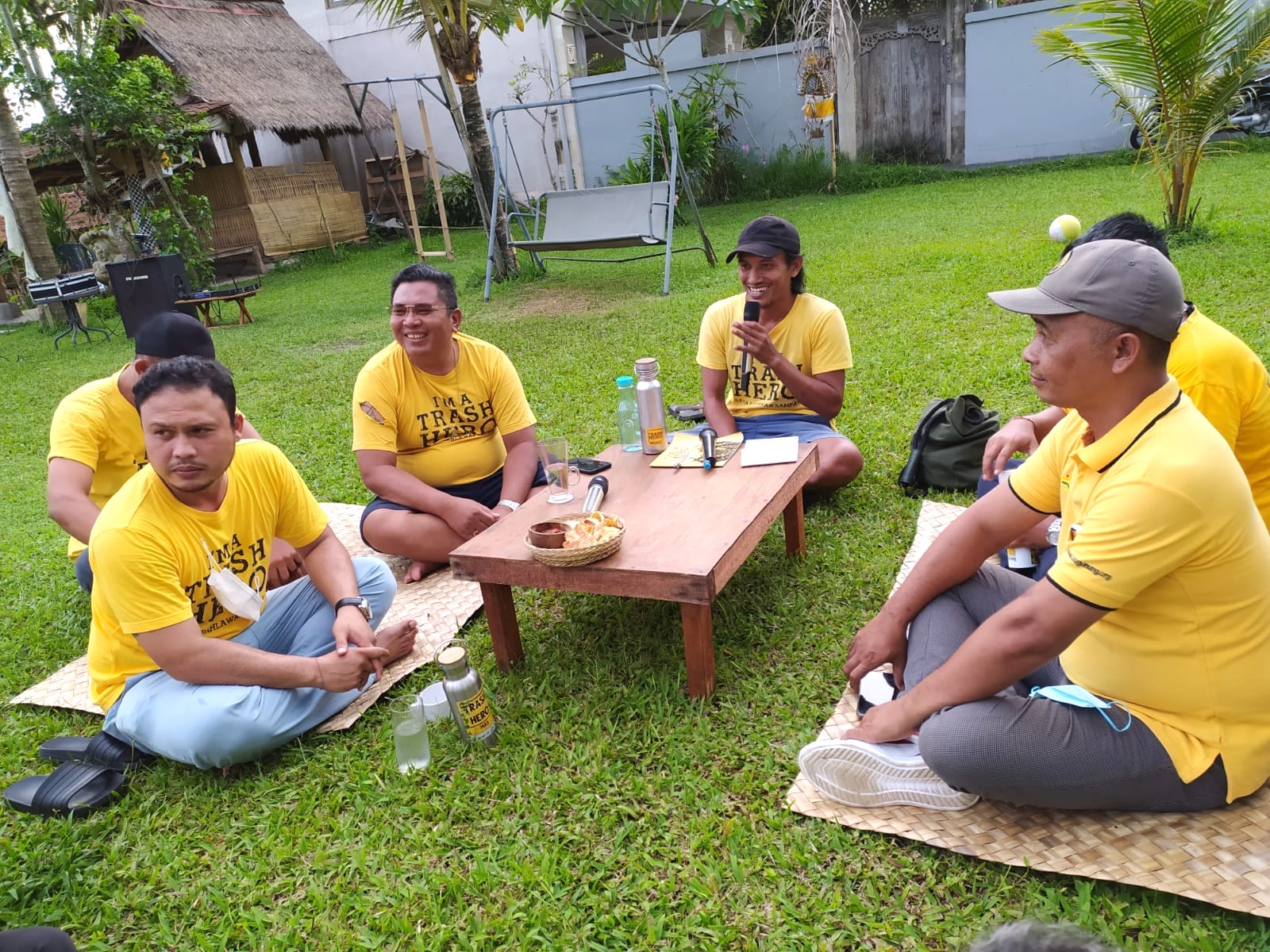
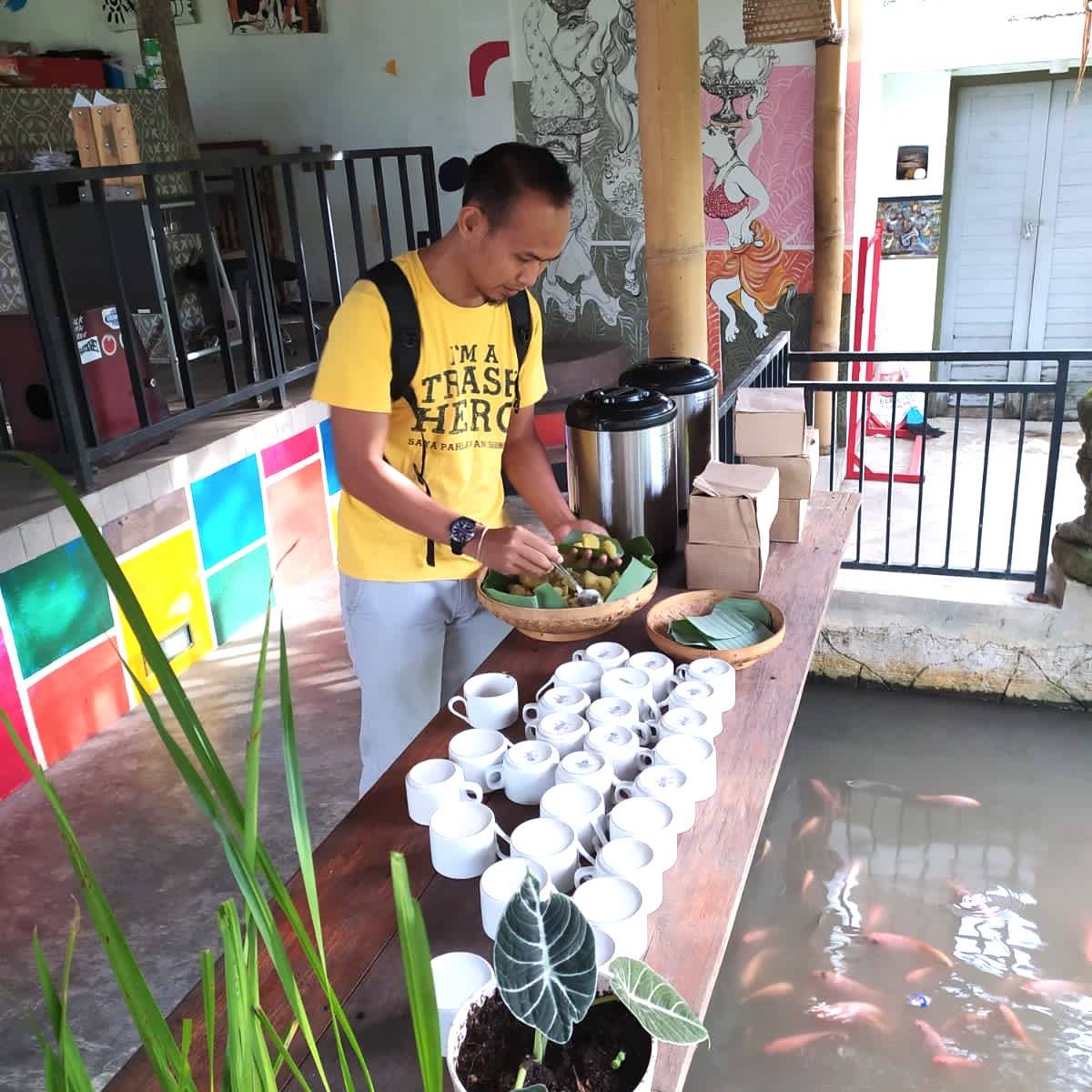
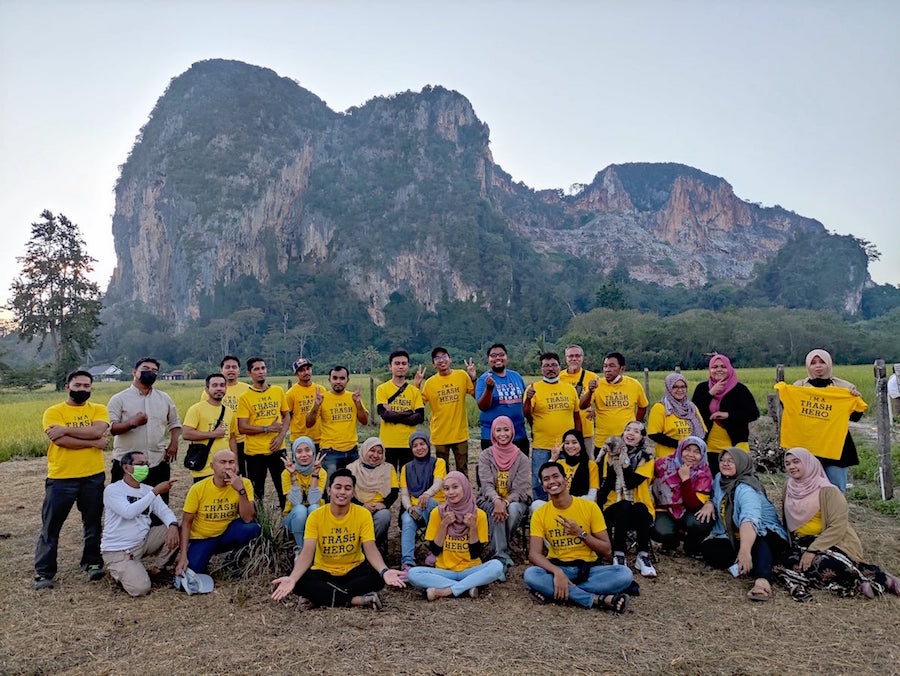
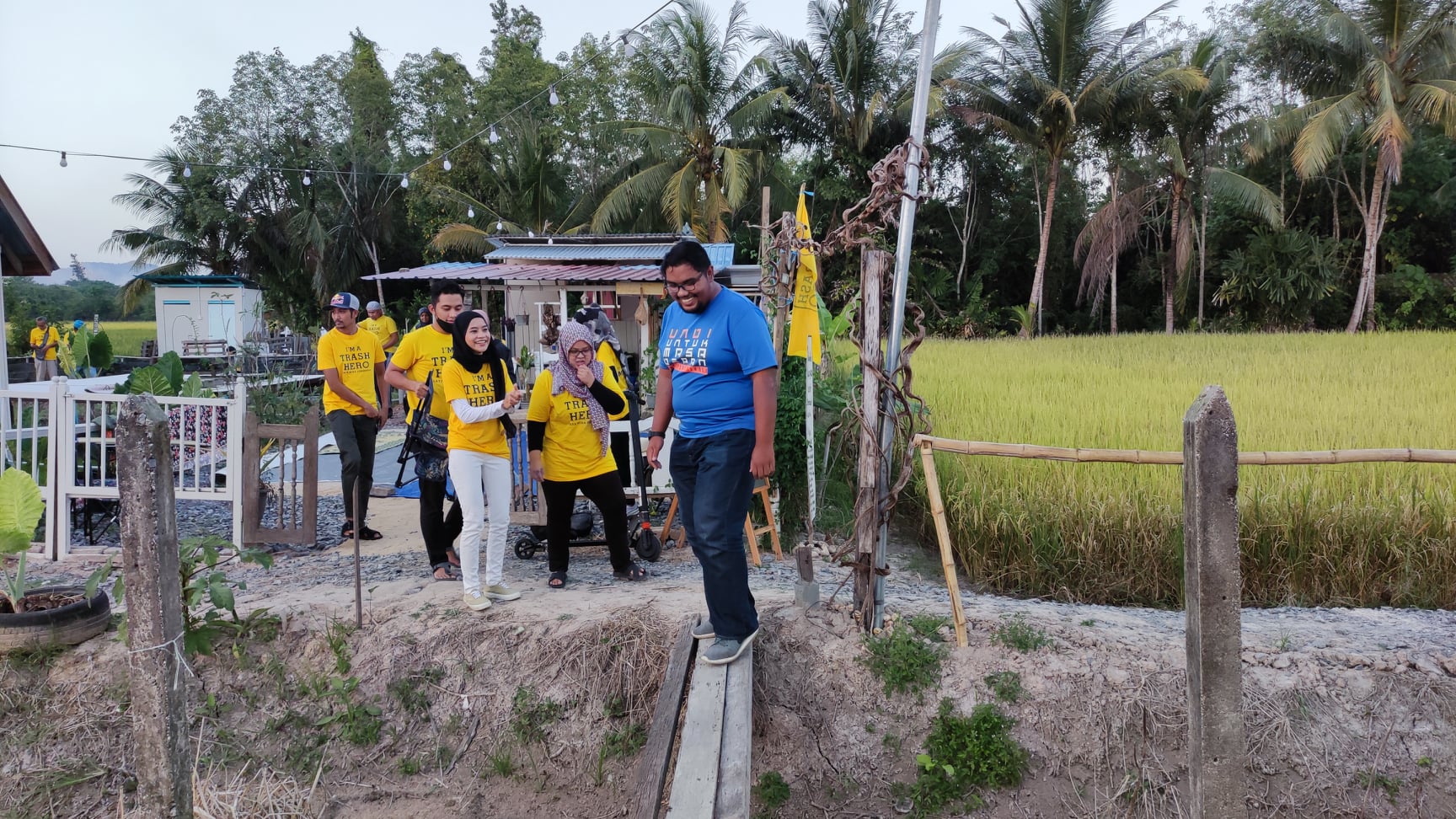
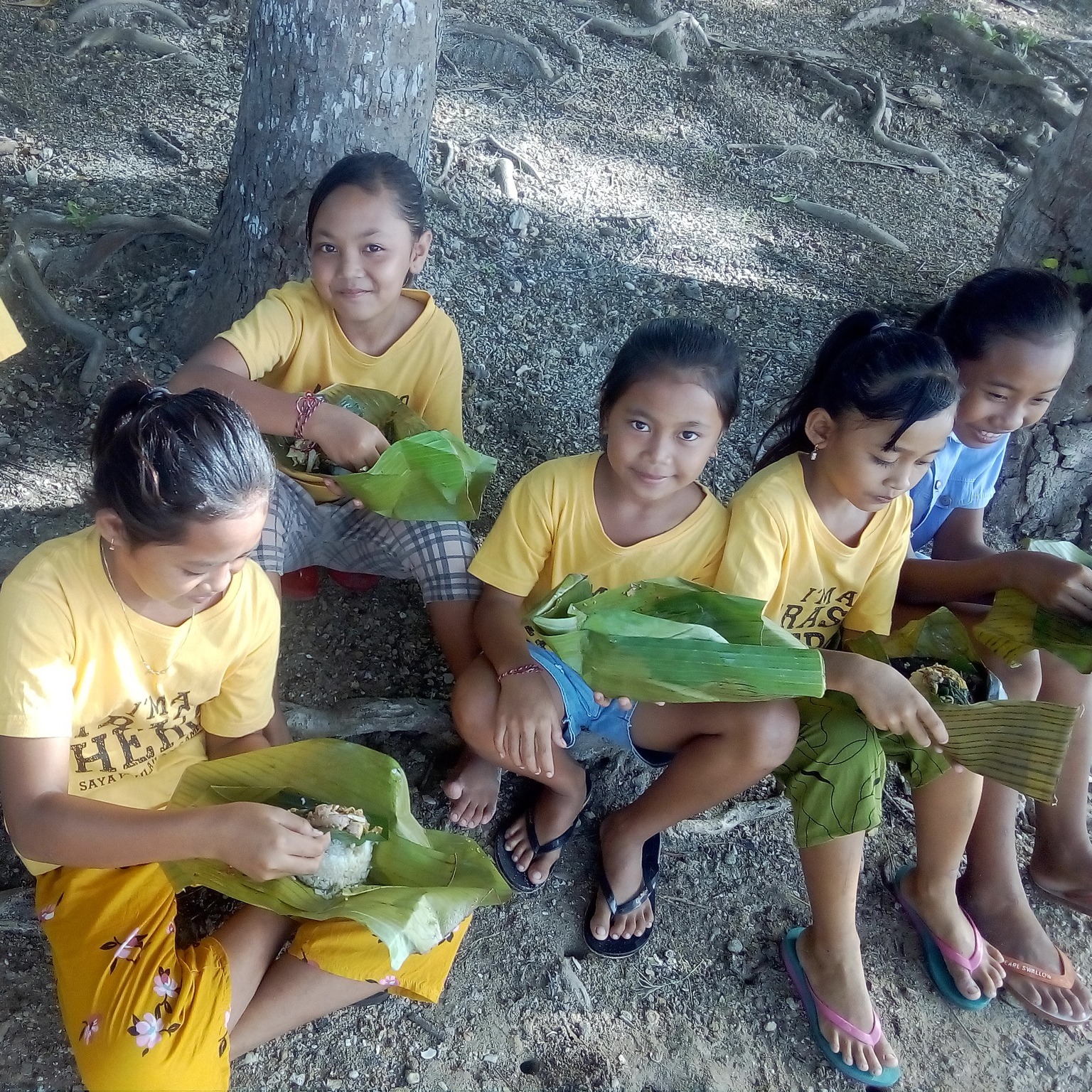
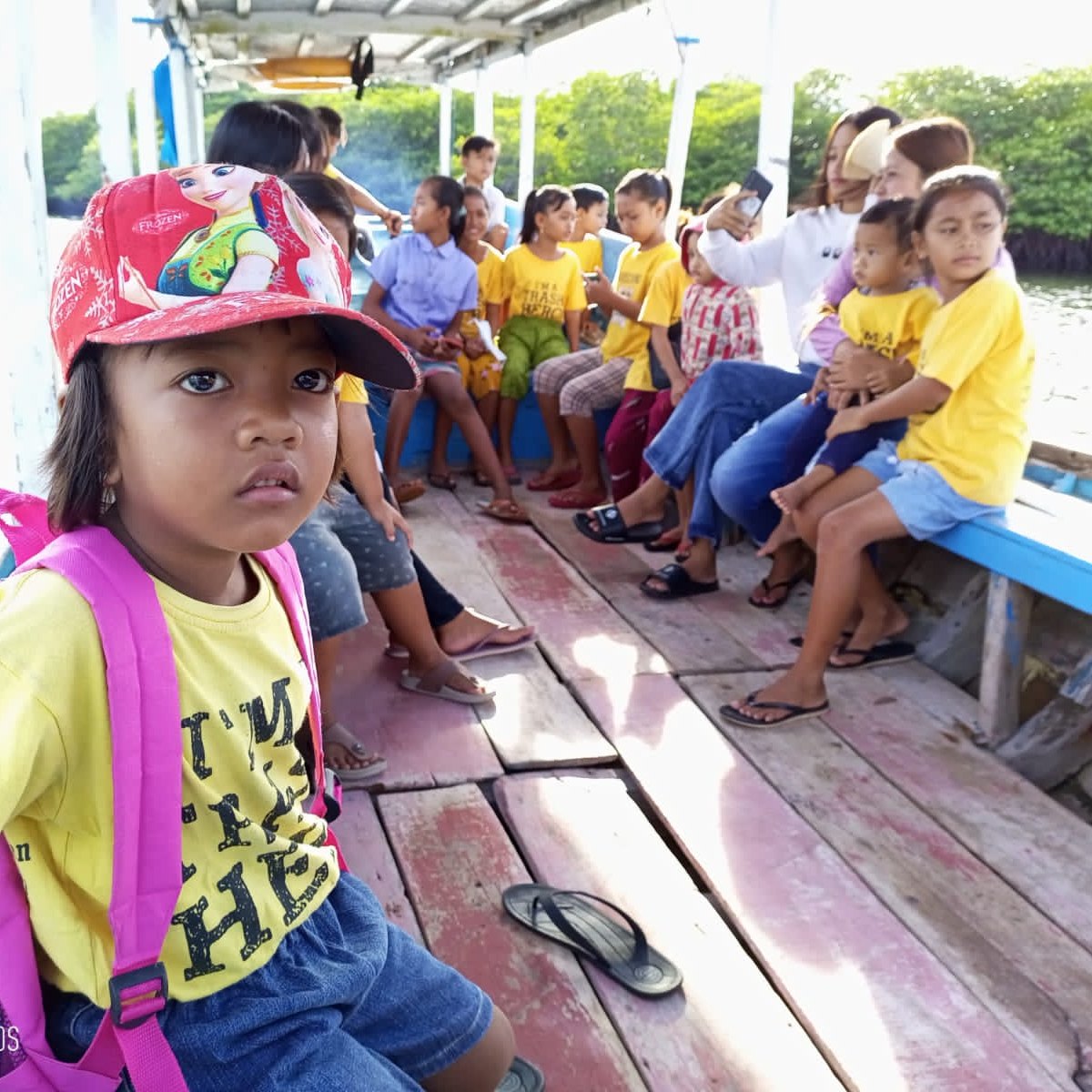
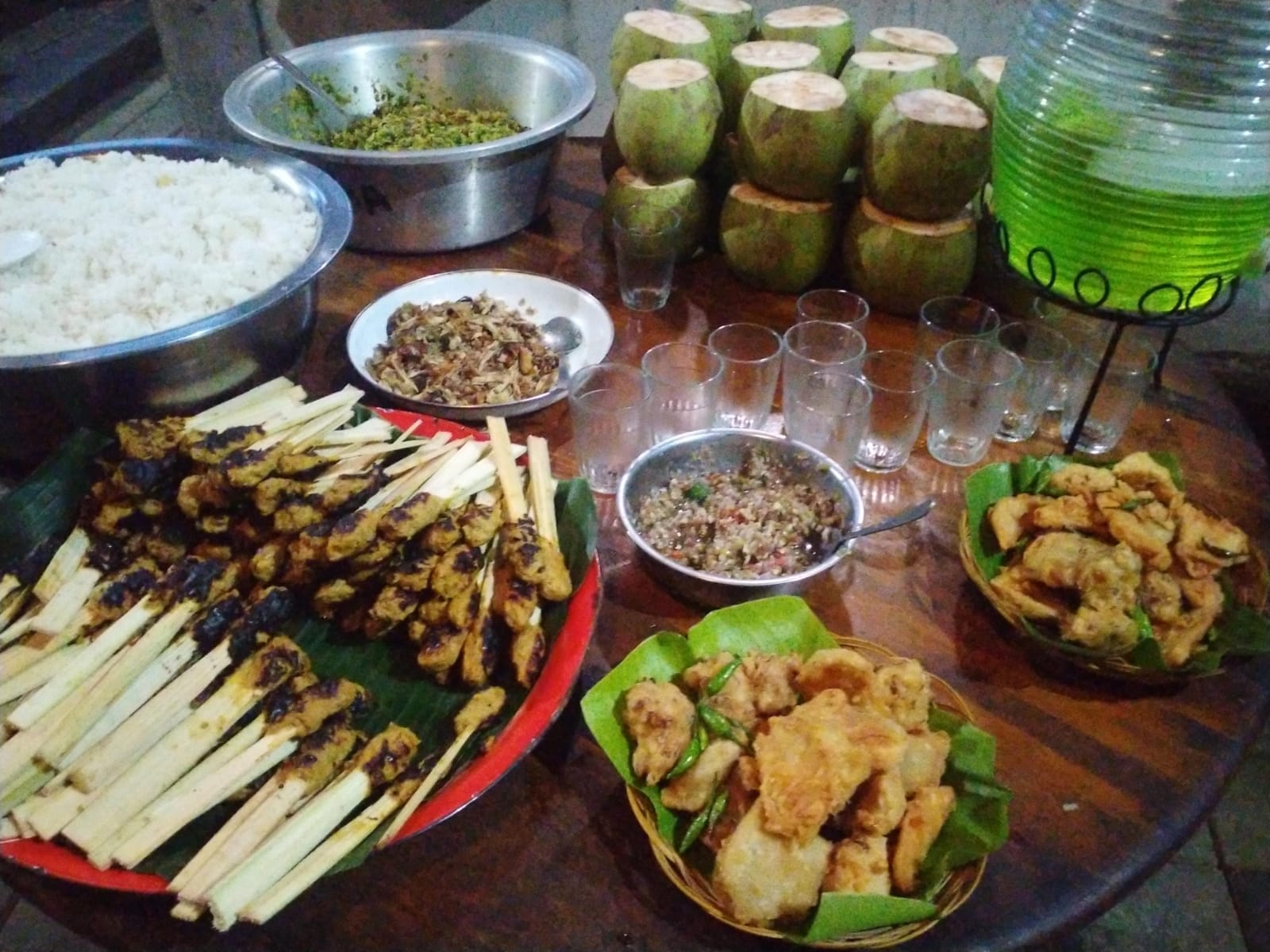
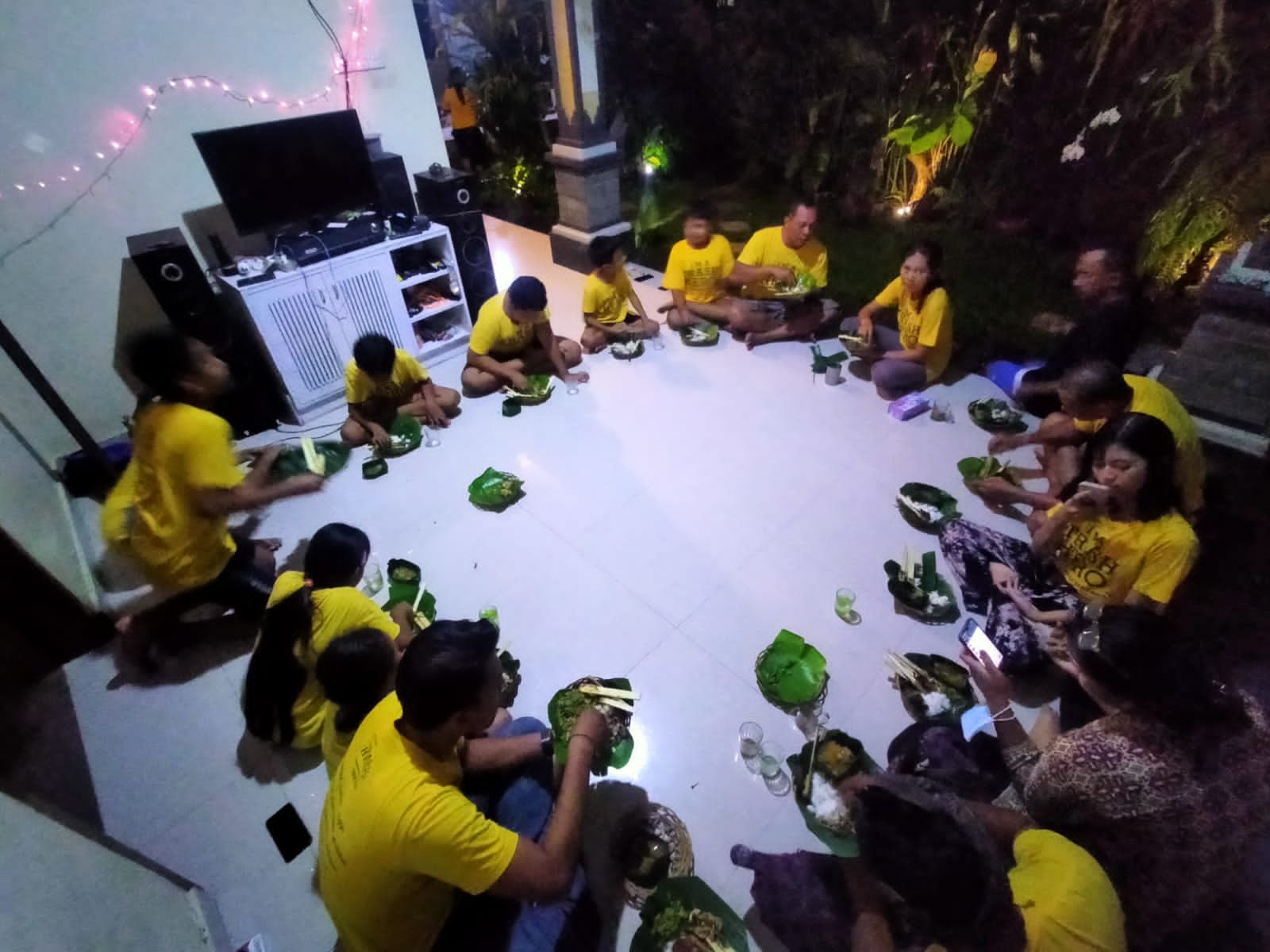
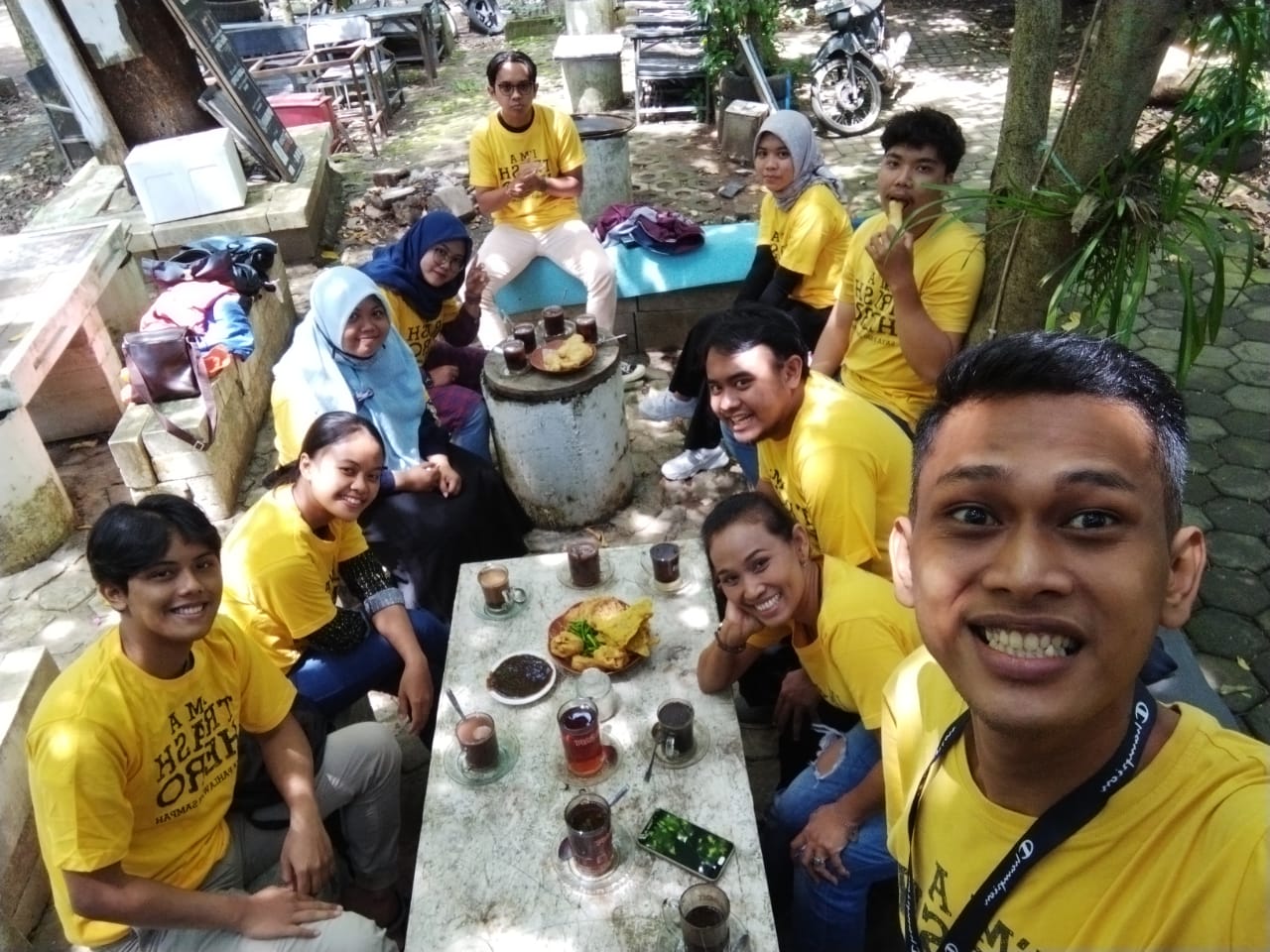
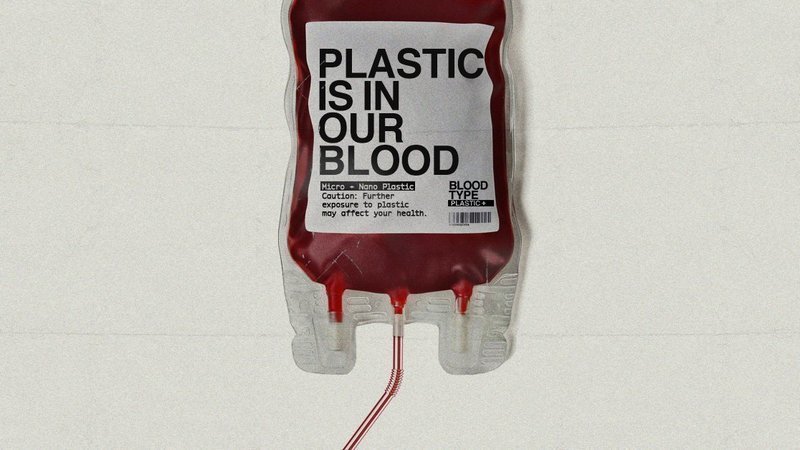
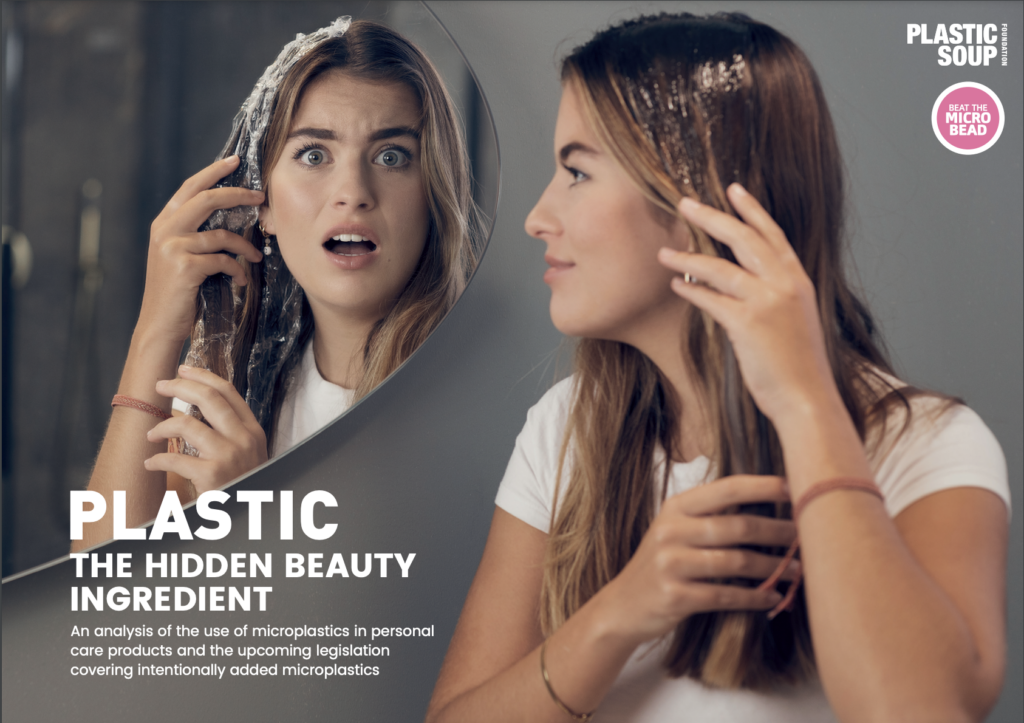
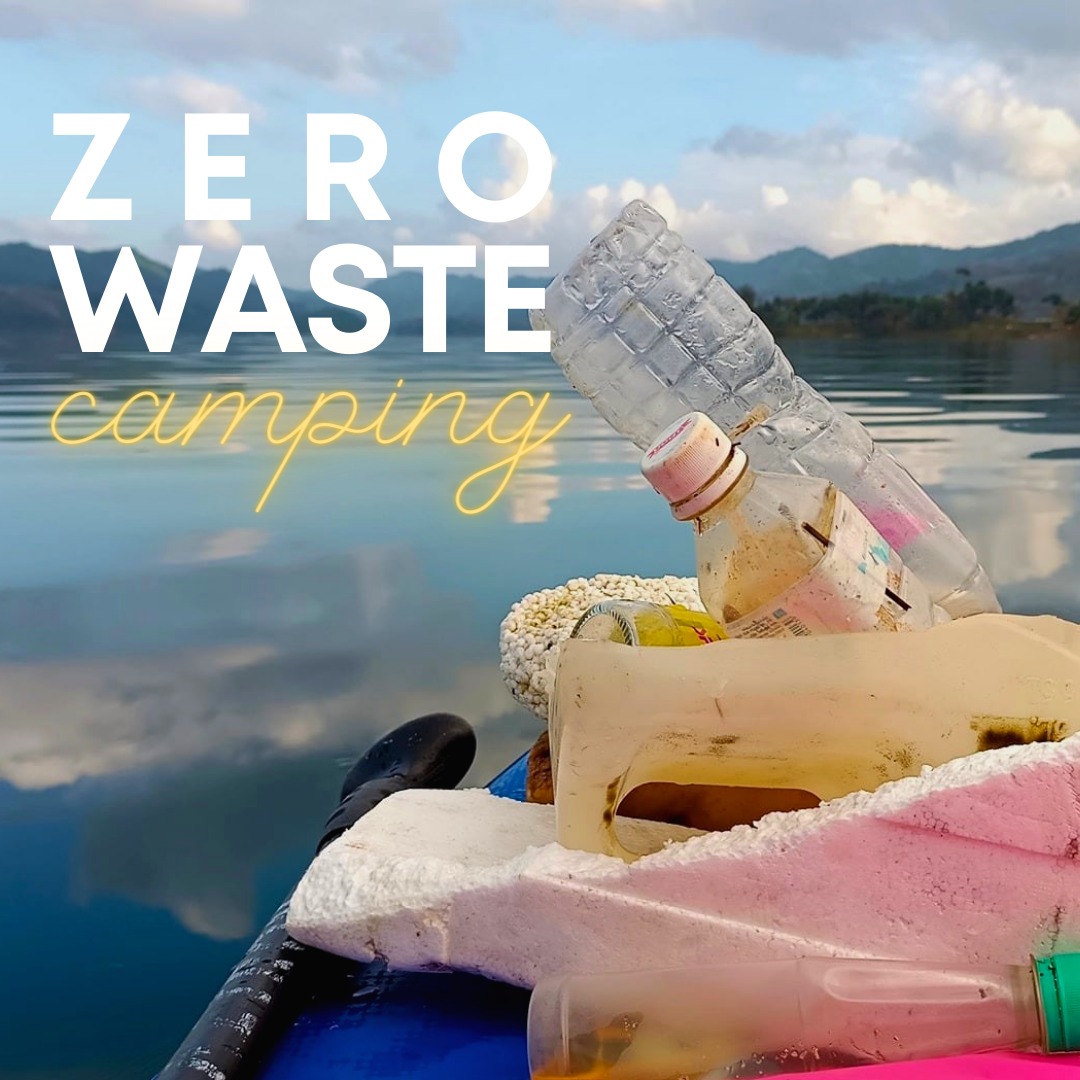
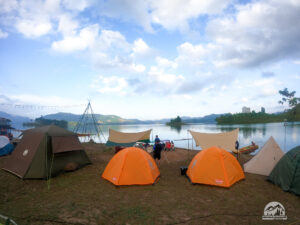

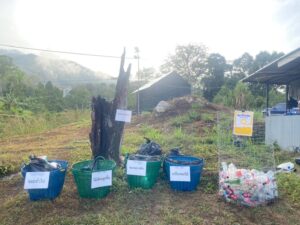
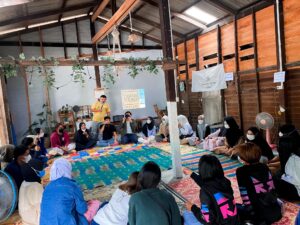 In total the waste generated during the camp (4-6 Feb inclusive) was 31.6kg, with 16.6kg of organics and recyclables and 15kg of residual waste. 10.5kg of trash was picked up during the cleanup in the camp grounds. The trip was the sixth such event in Trash Hero Pattani’s “Zero Waste Camping” project, which they describe as a work in progress, refining the details each time. Already this year the amount of trash generated was halved, compared with the 2021 trip, where 95g of trash was logged per participant. Kudos to all involved, and for more information (in Thai) please visit the
In total the waste generated during the camp (4-6 Feb inclusive) was 31.6kg, with 16.6kg of organics and recyclables and 15kg of residual waste. 10.5kg of trash was picked up during the cleanup in the camp grounds. The trip was the sixth such event in Trash Hero Pattani’s “Zero Waste Camping” project, which they describe as a work in progress, refining the details each time. Already this year the amount of trash generated was halved, compared with the 2021 trip, where 95g of trash was logged per participant. Kudos to all involved, and for more information (in Thai) please visit the 